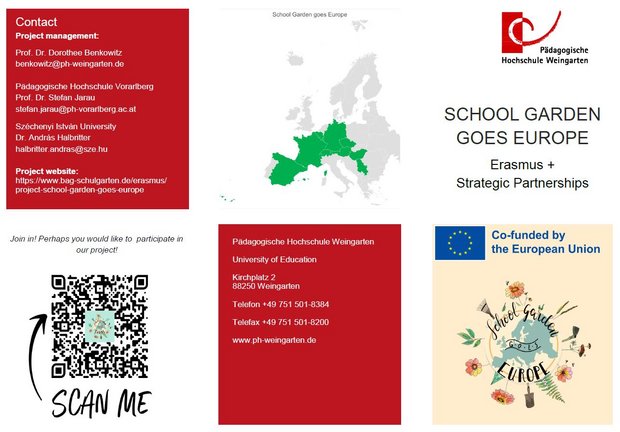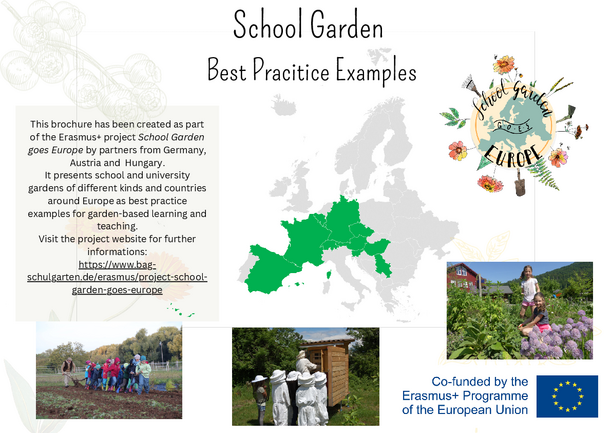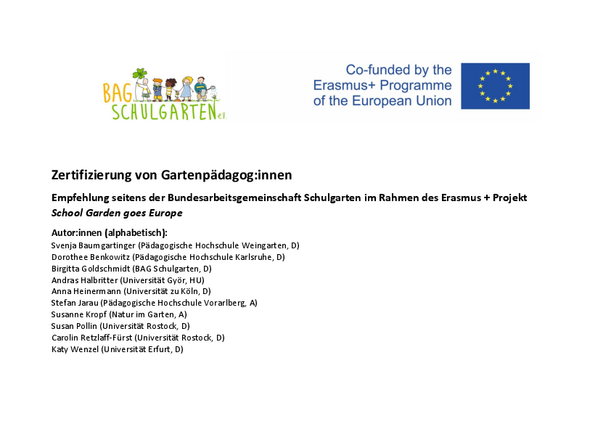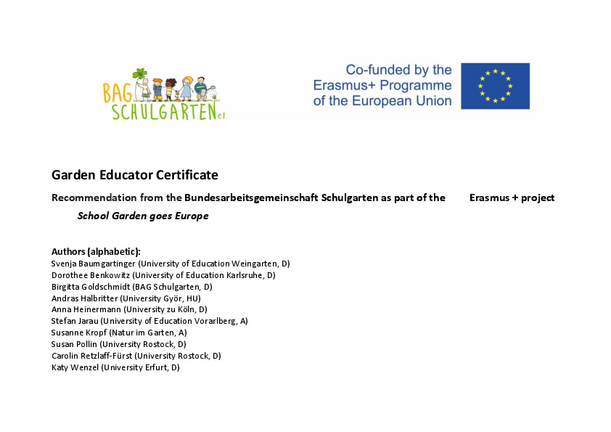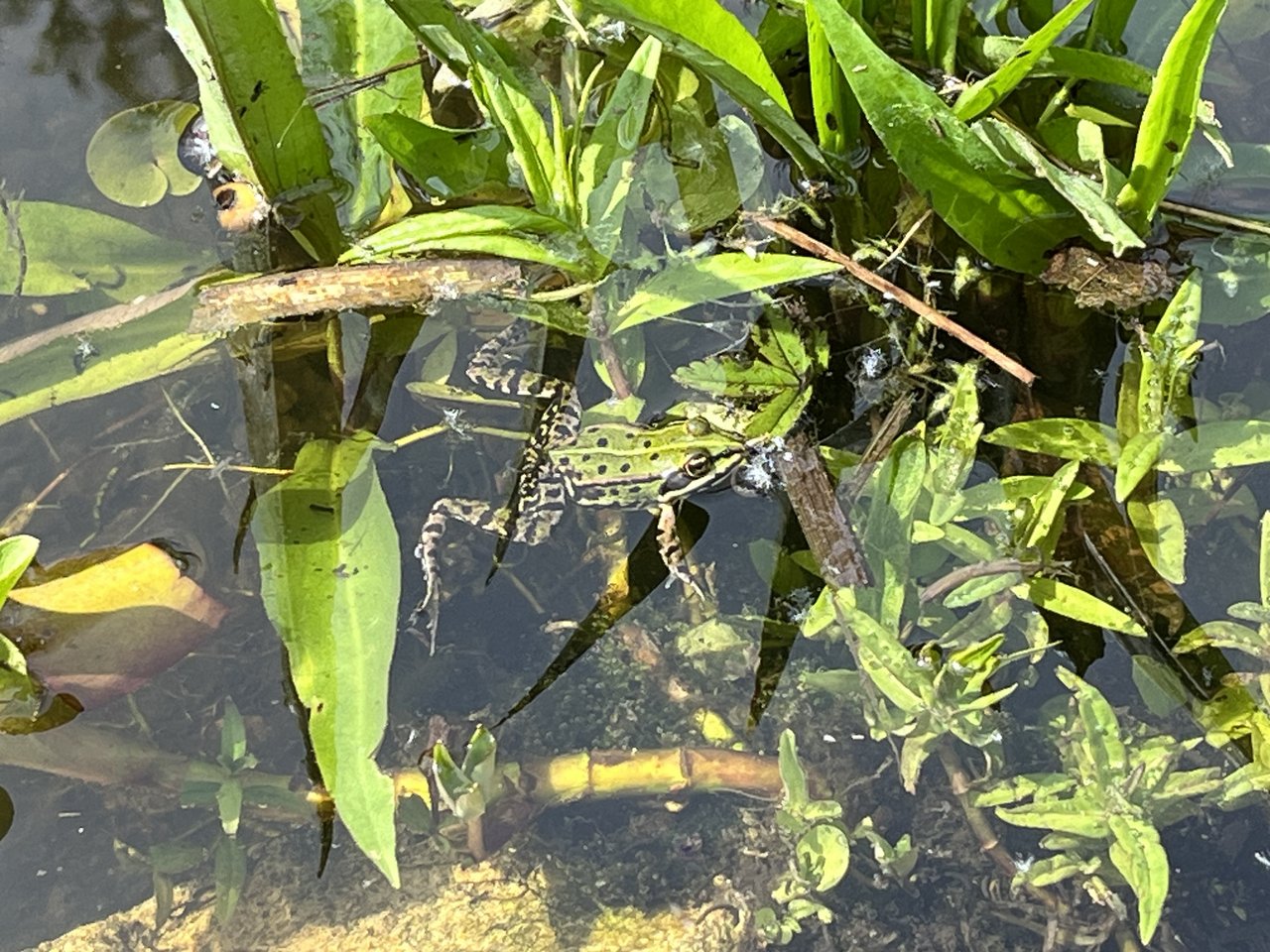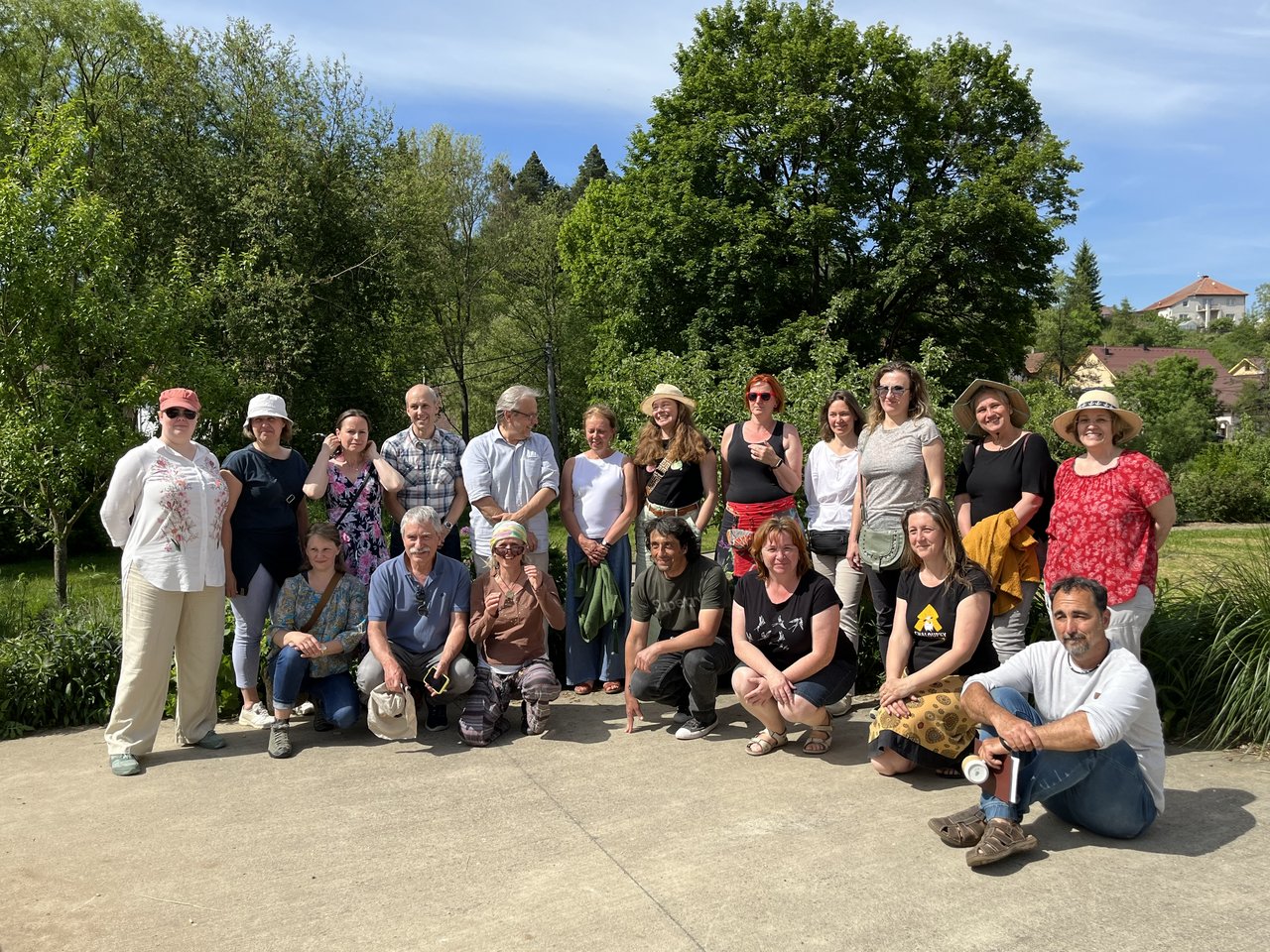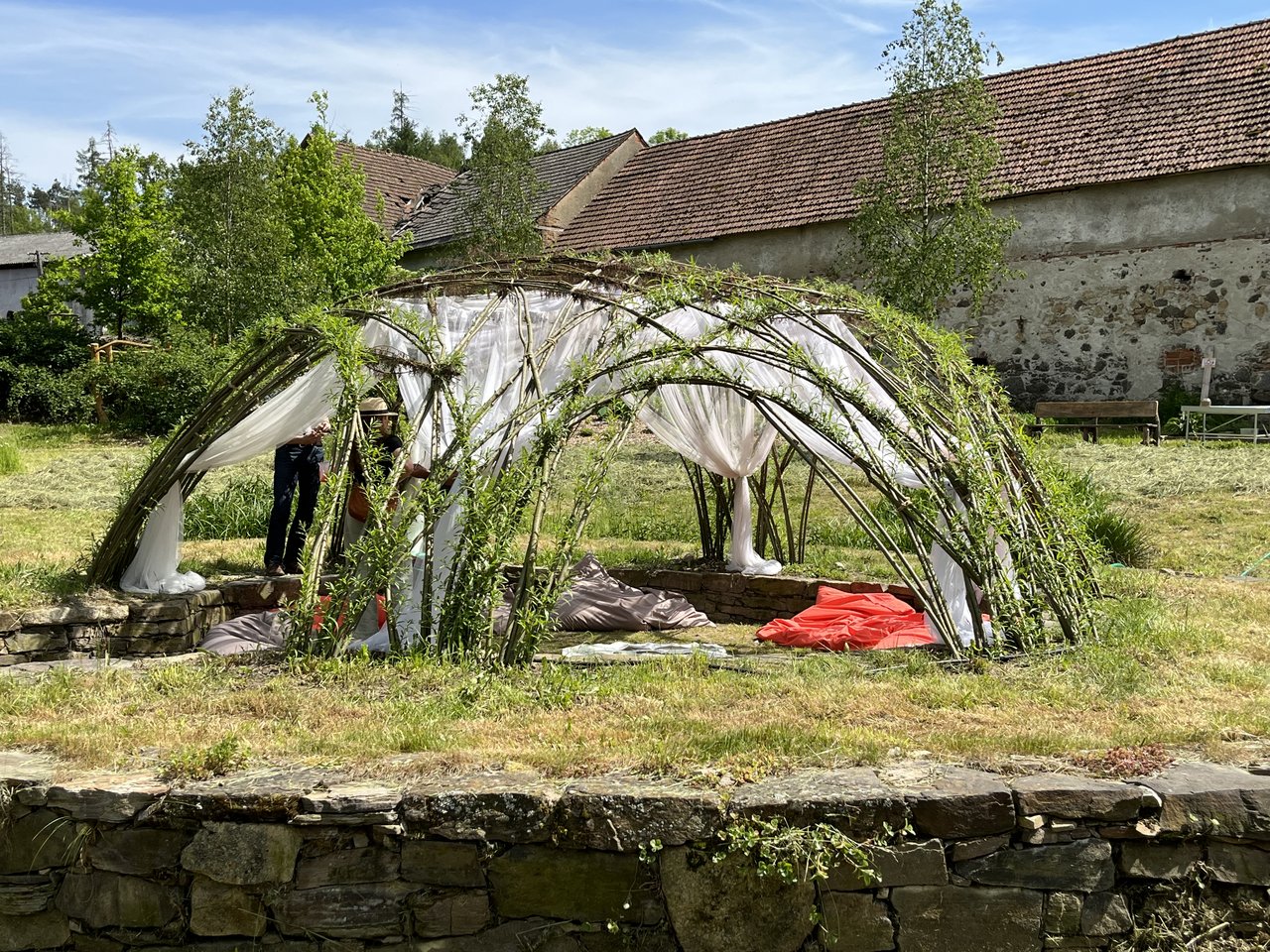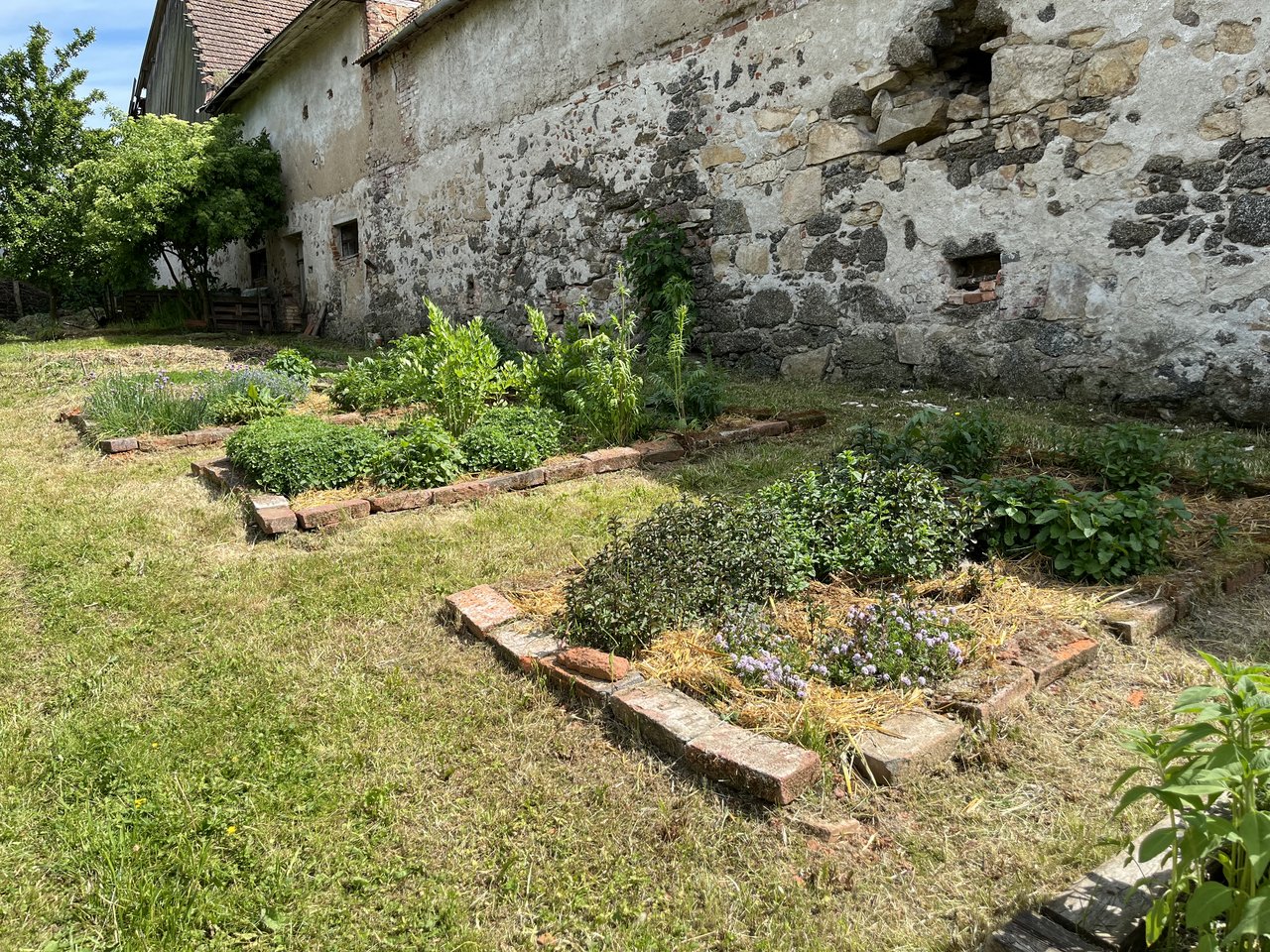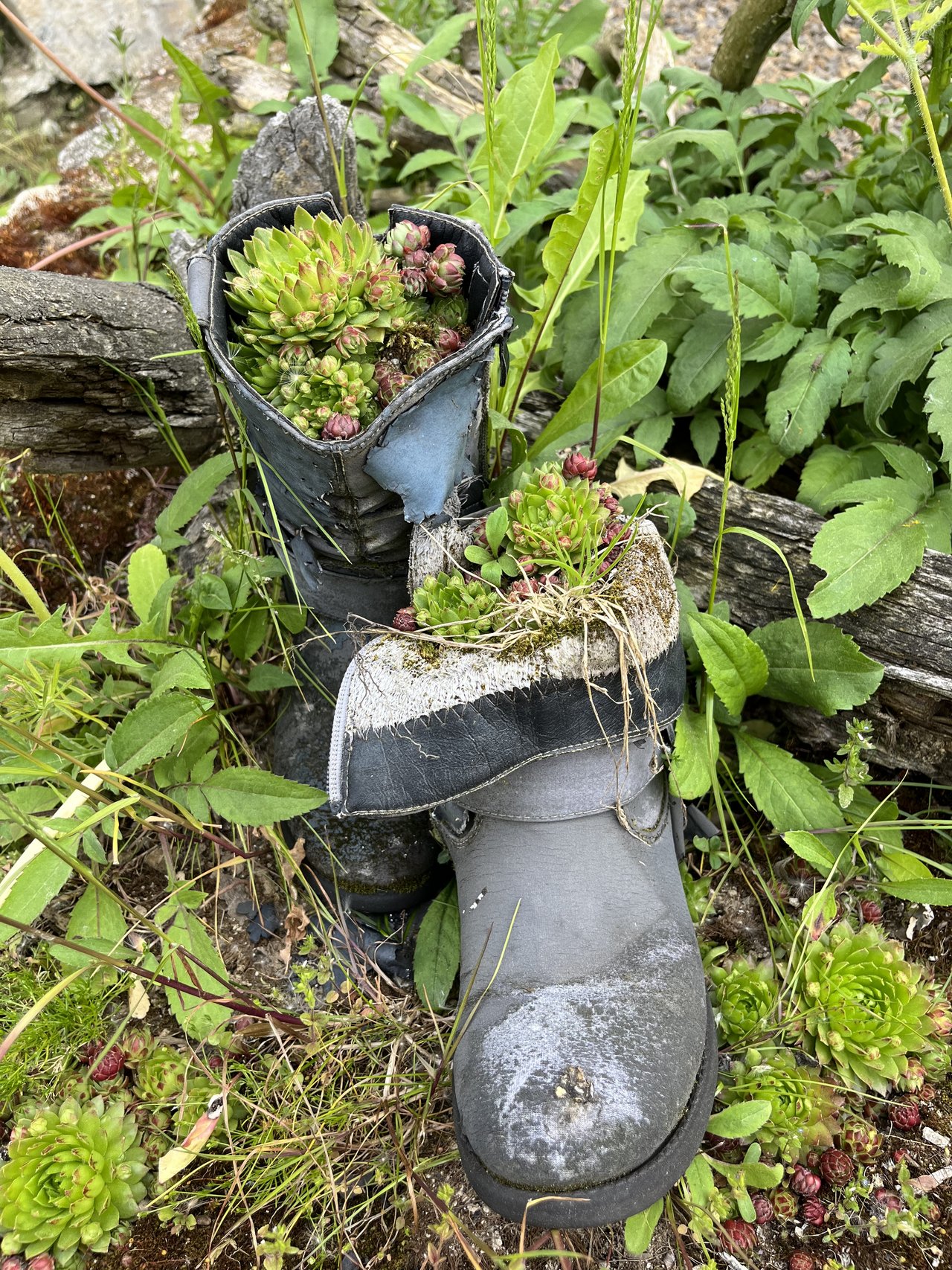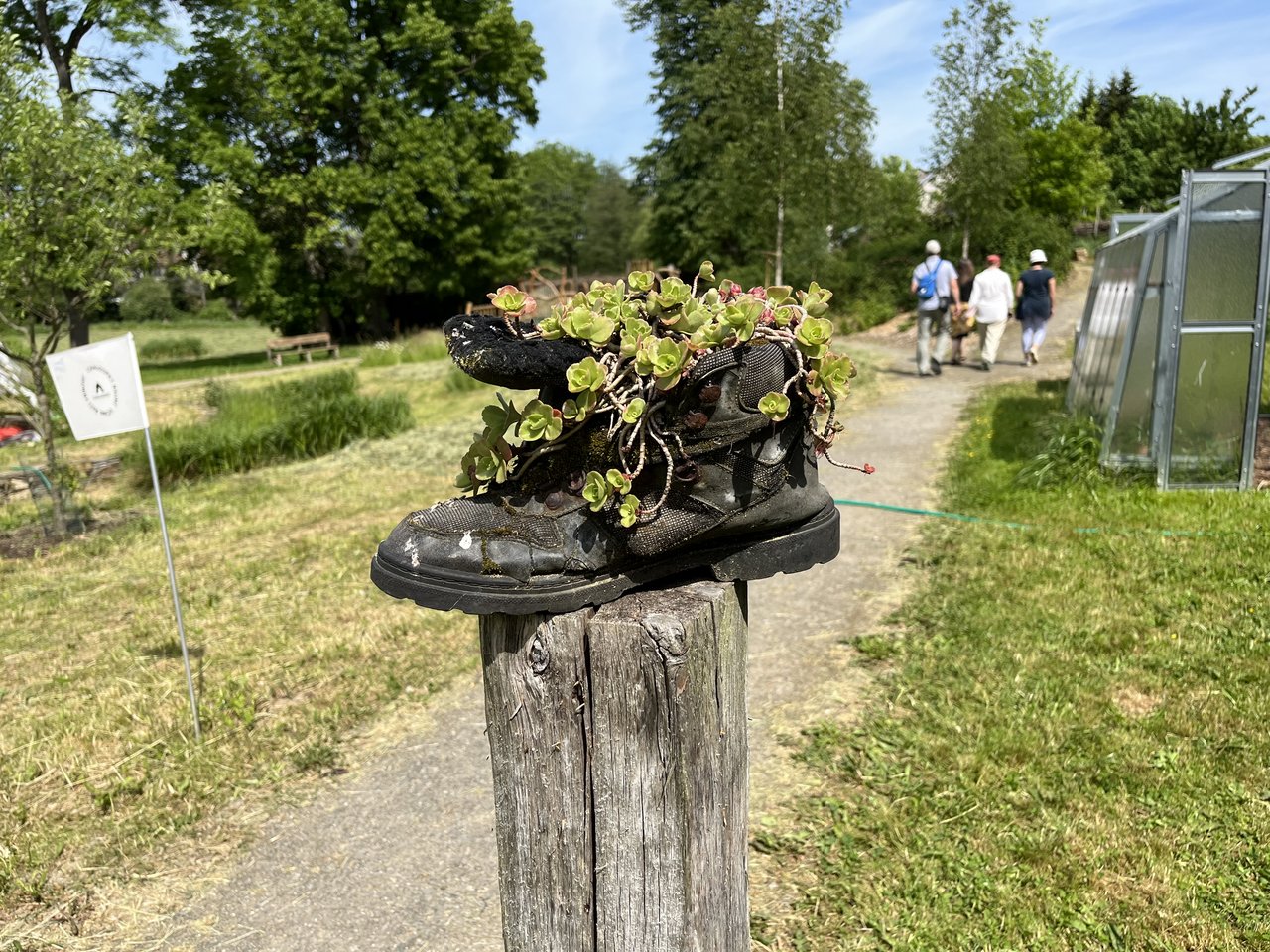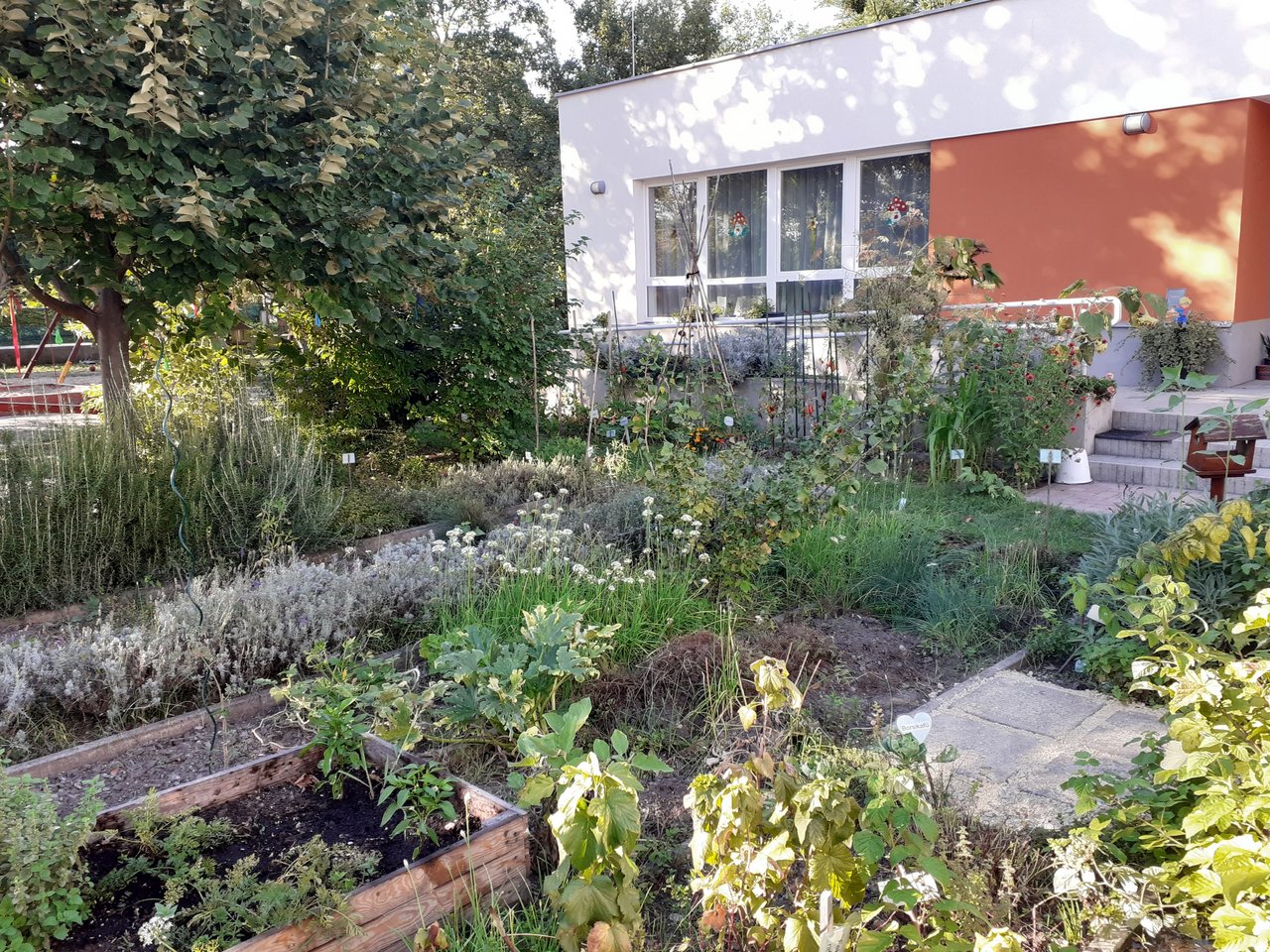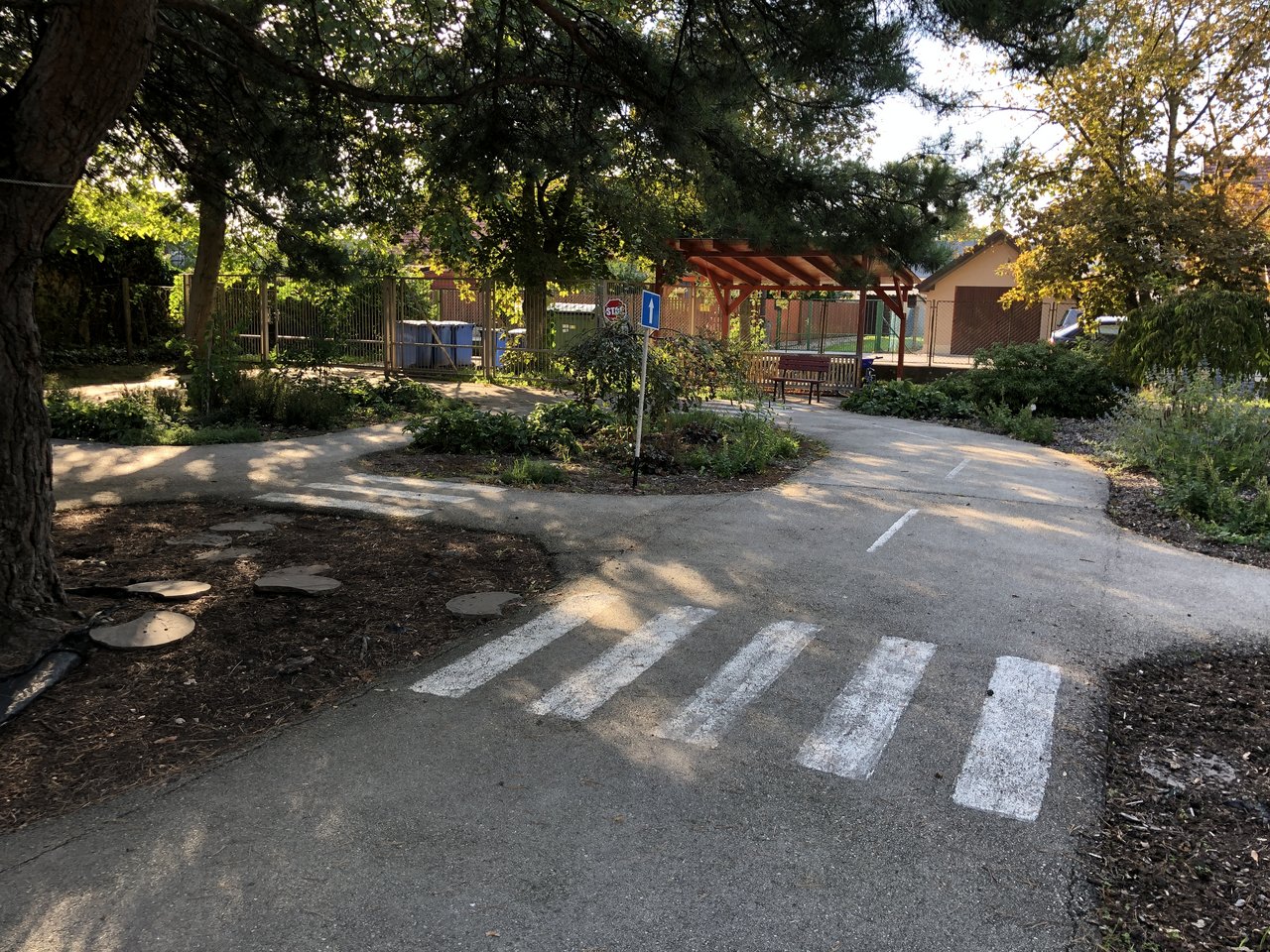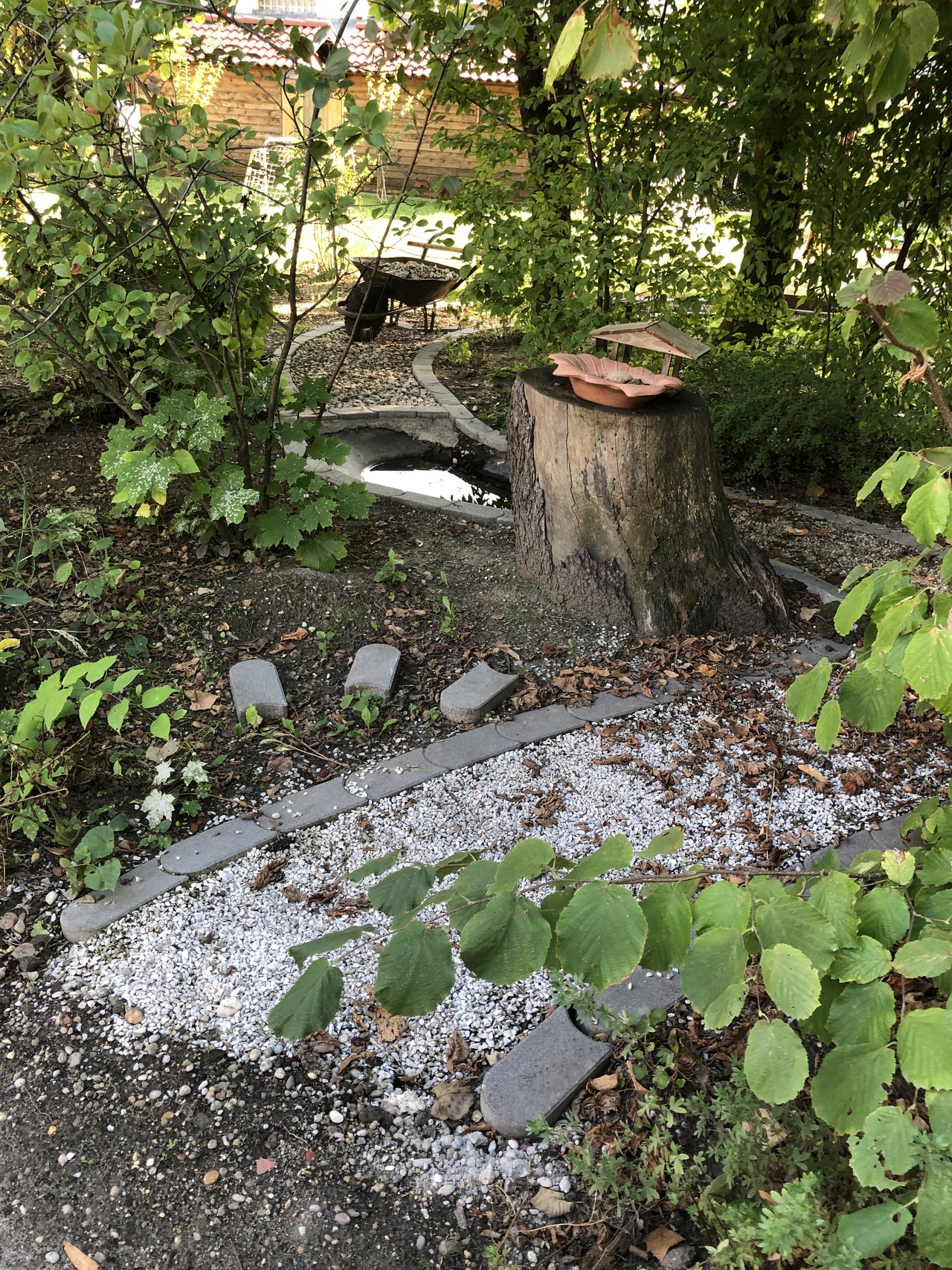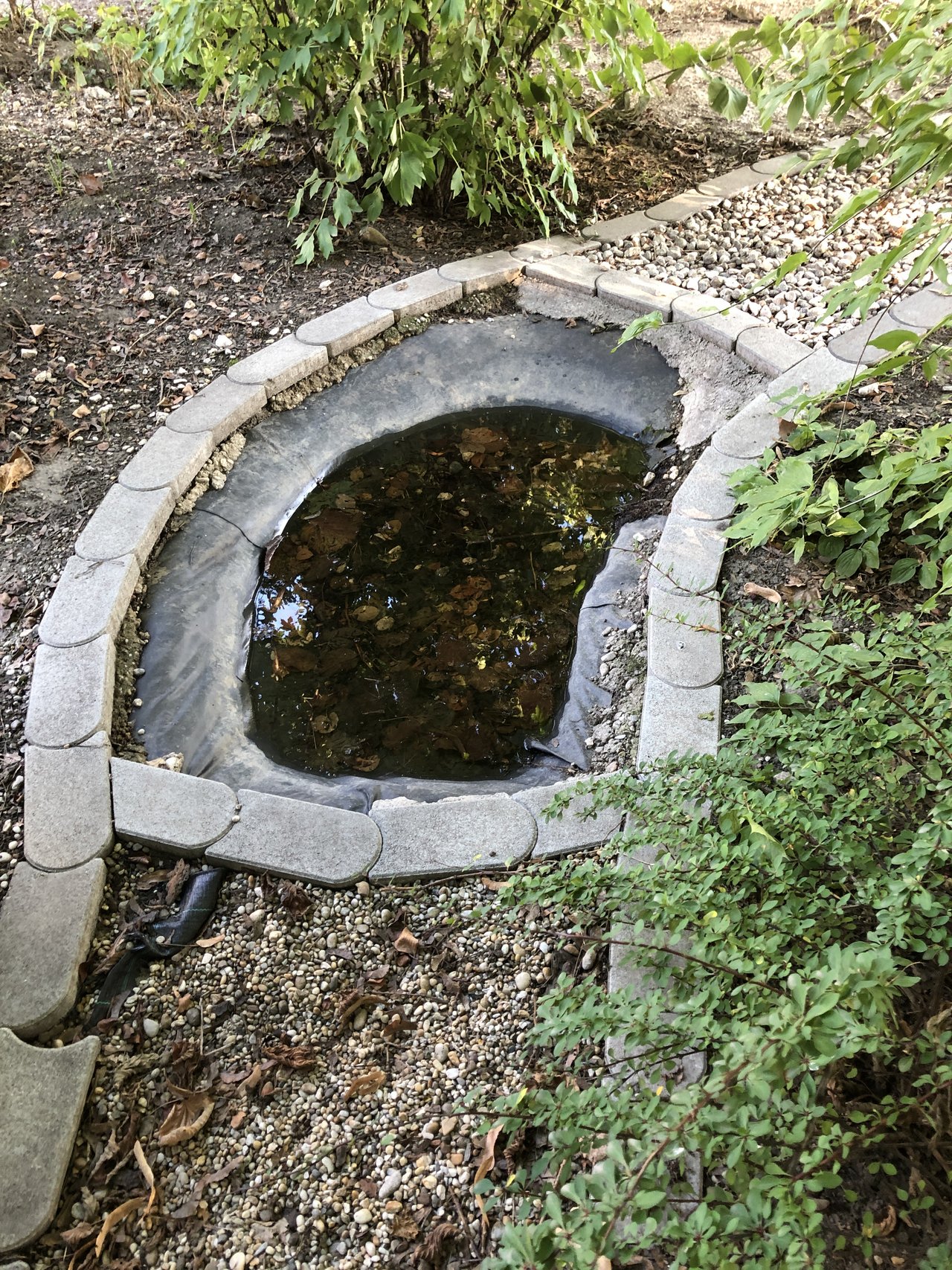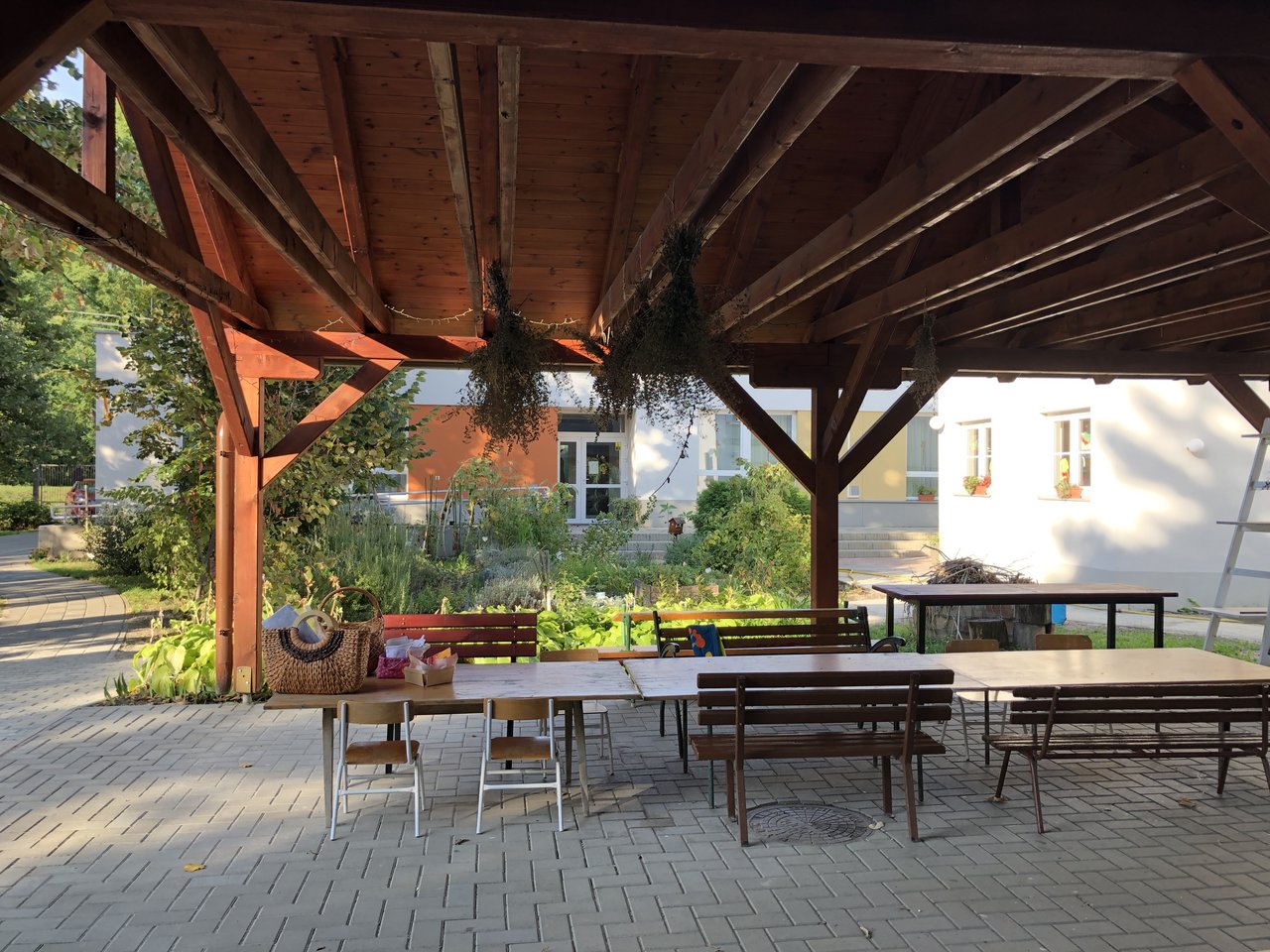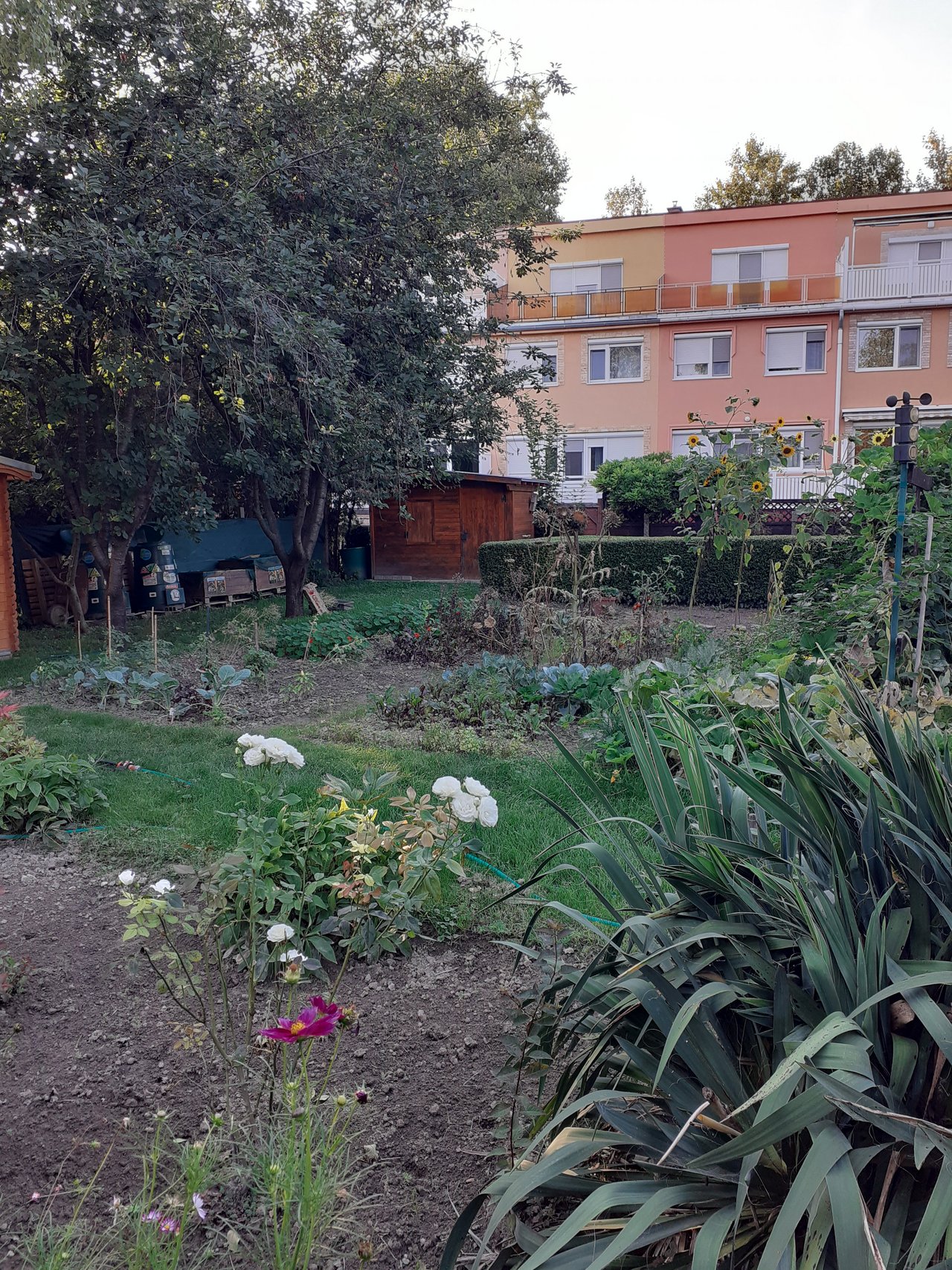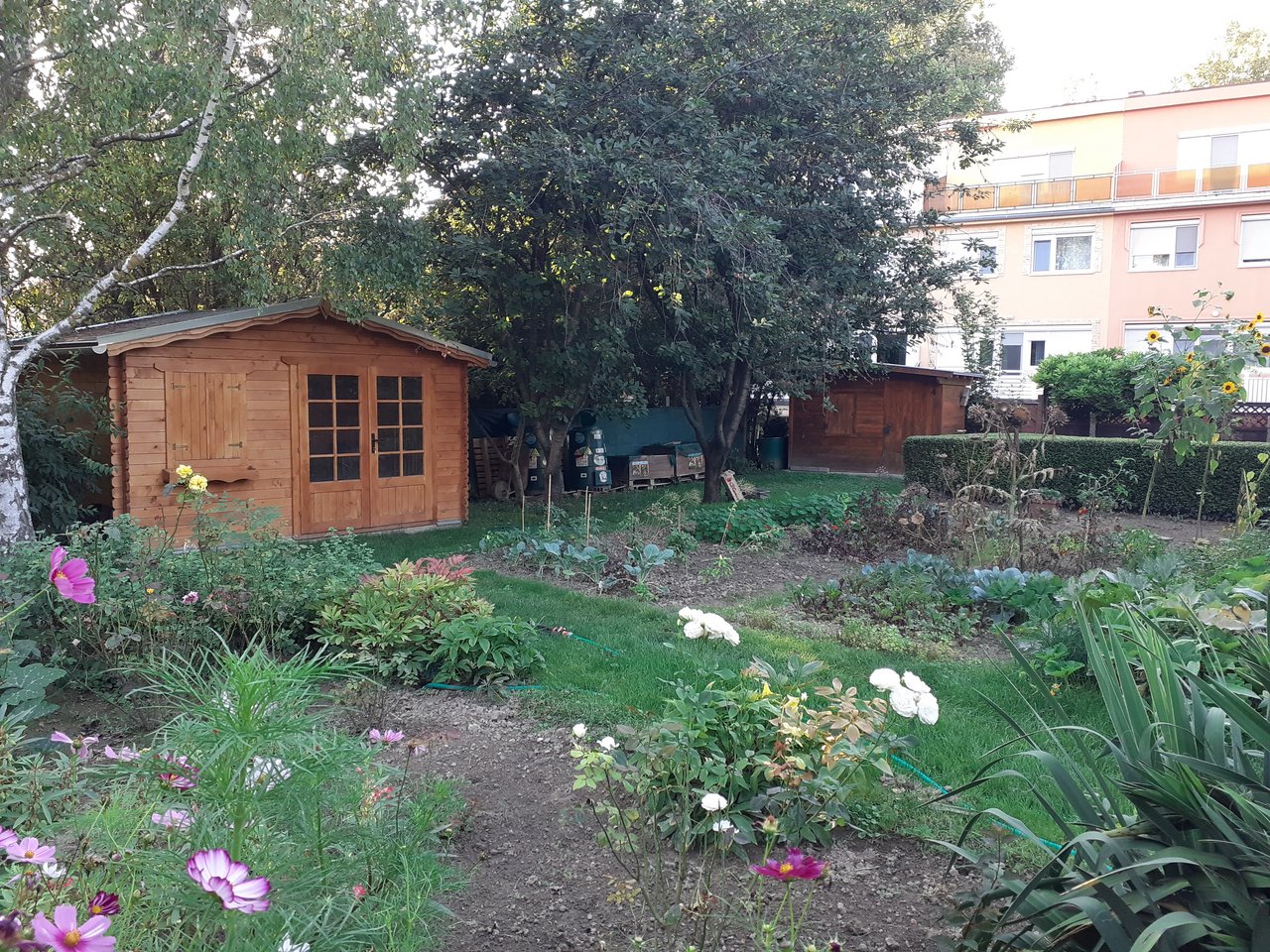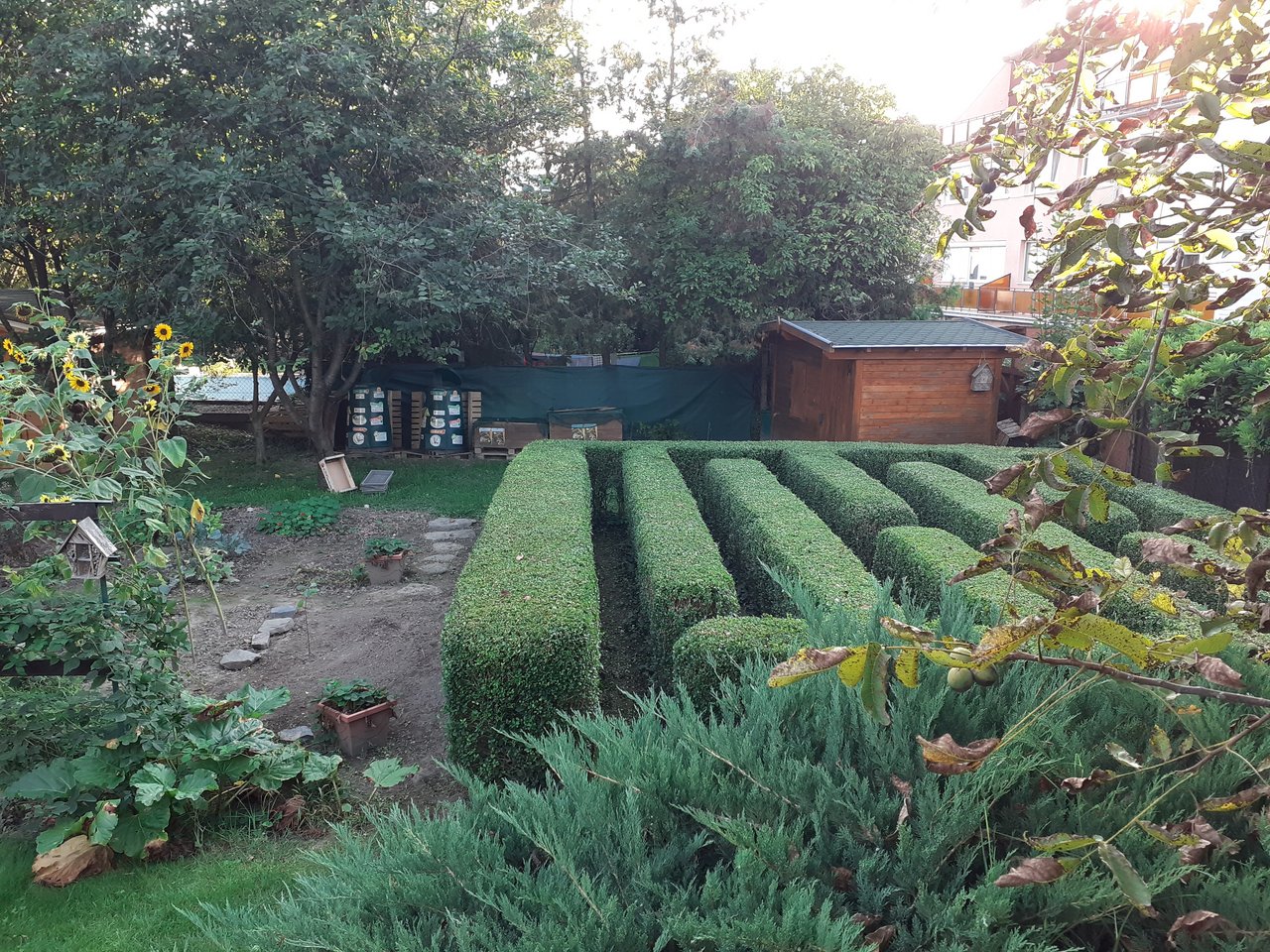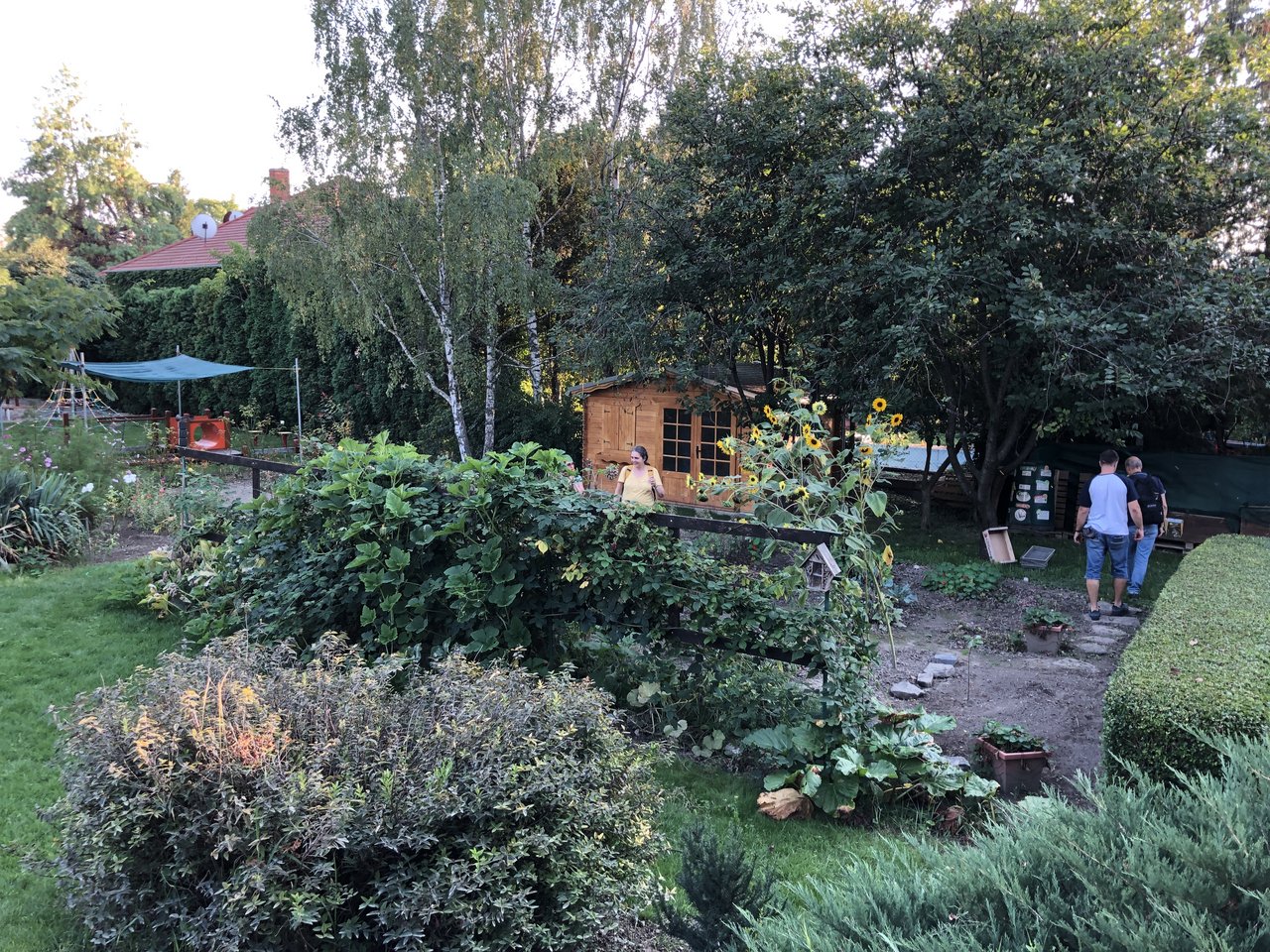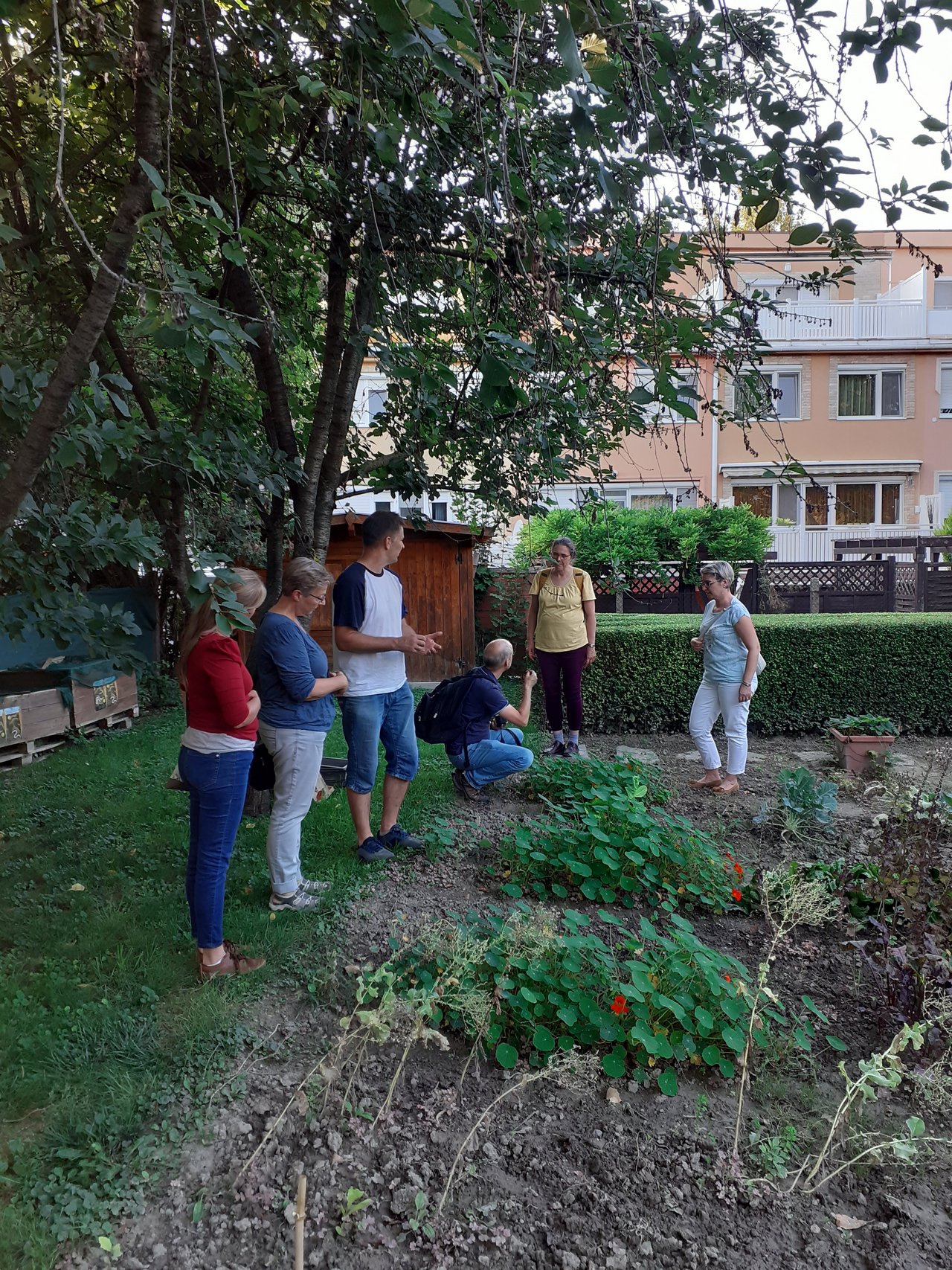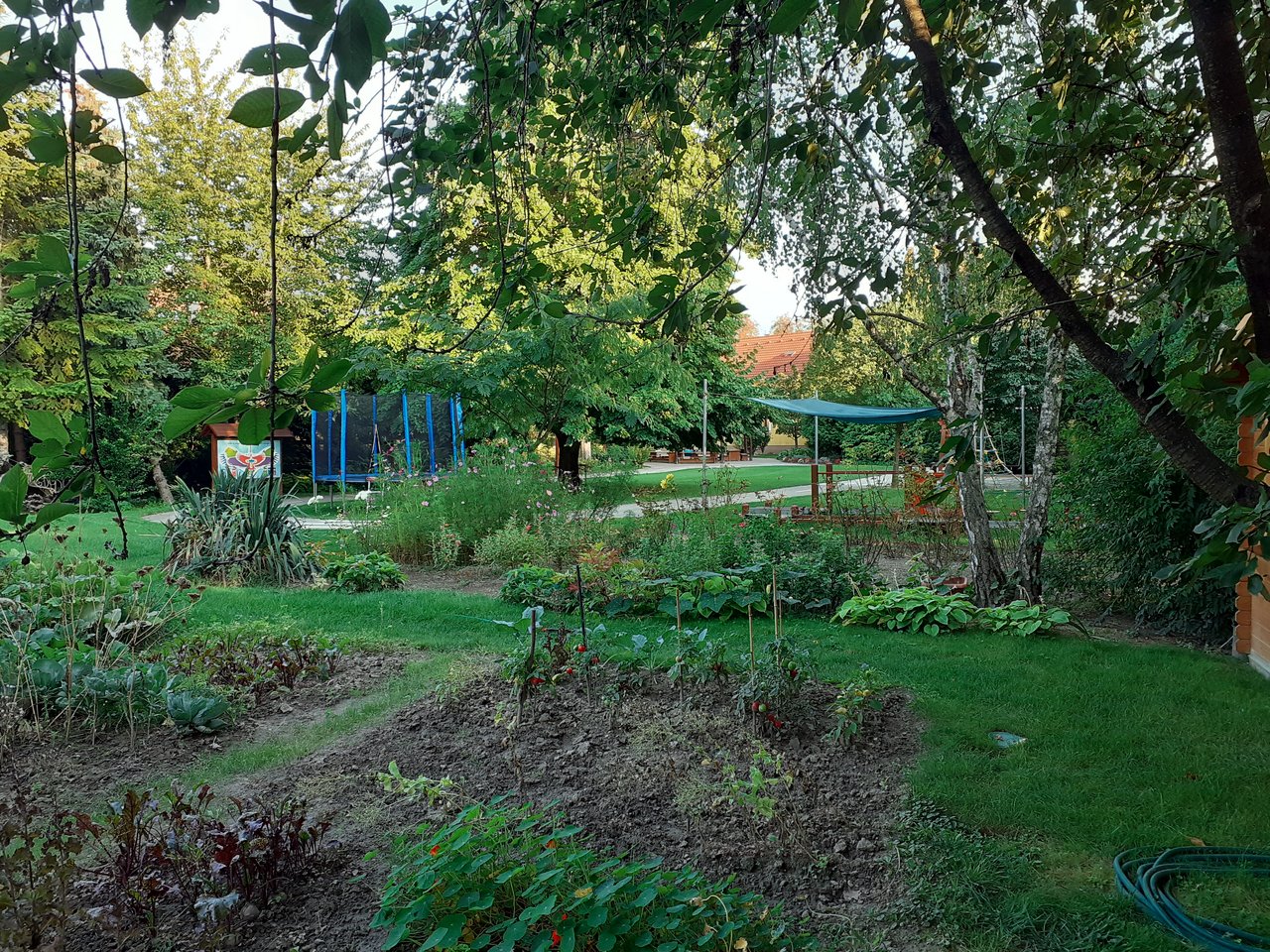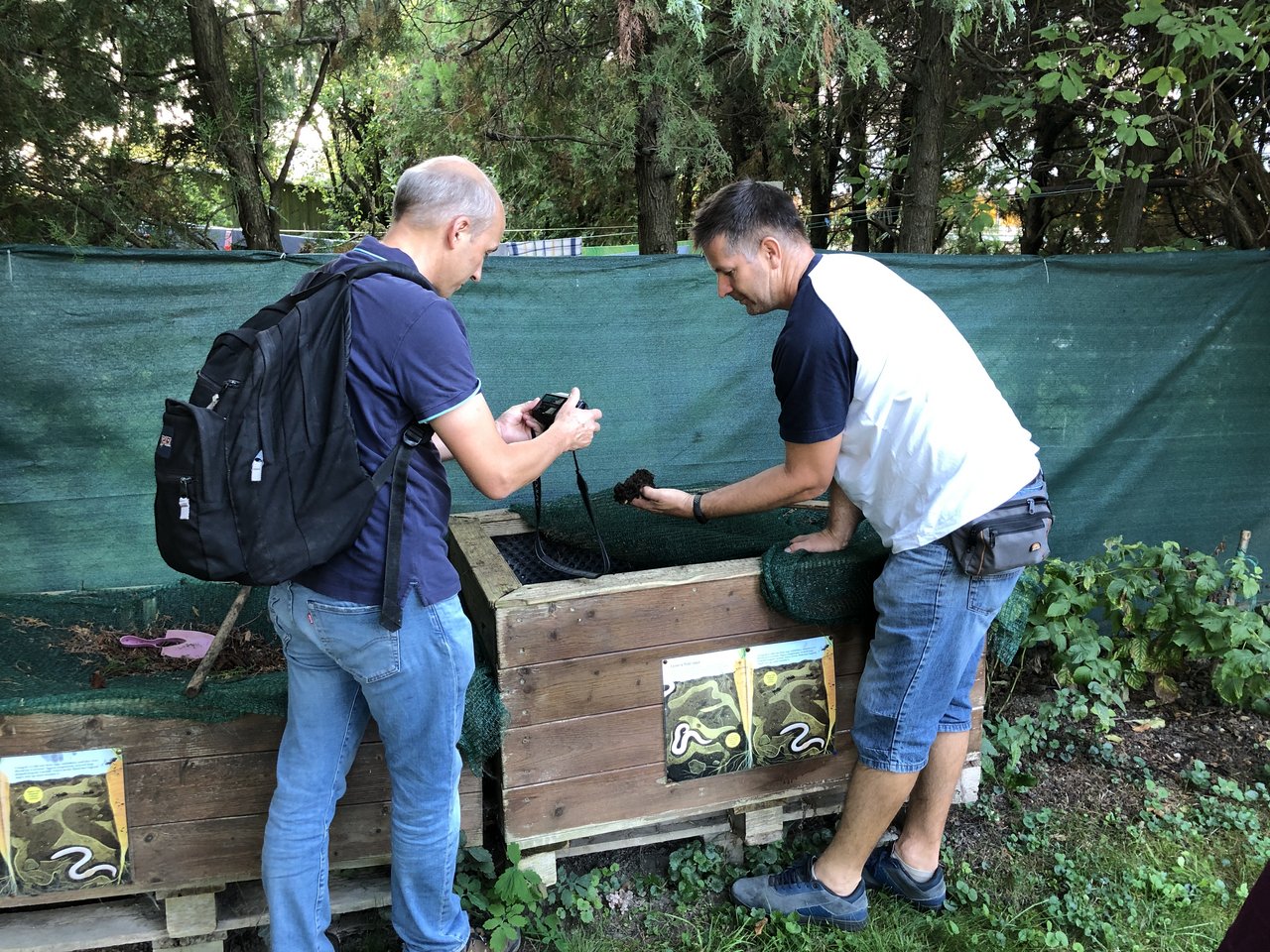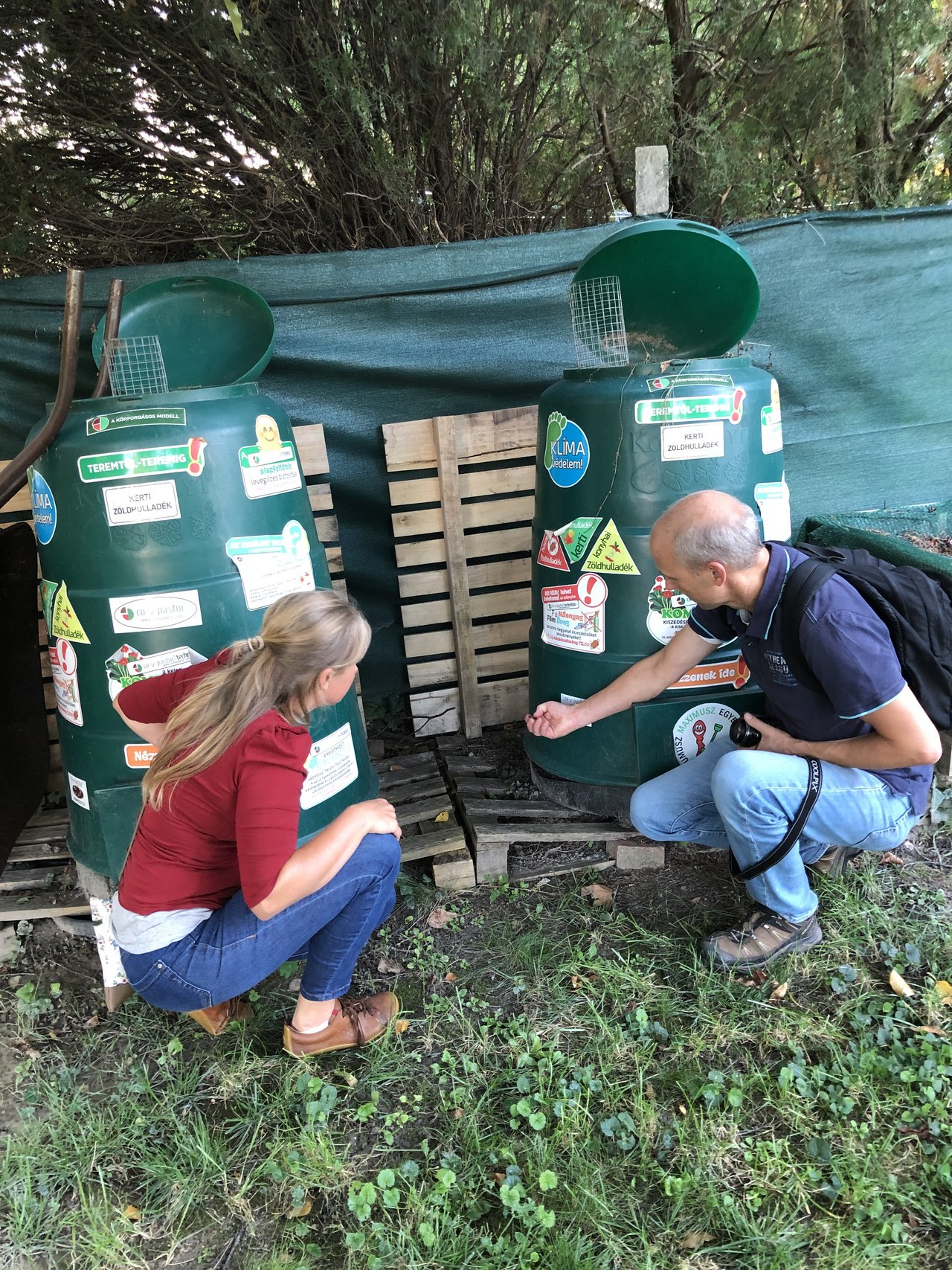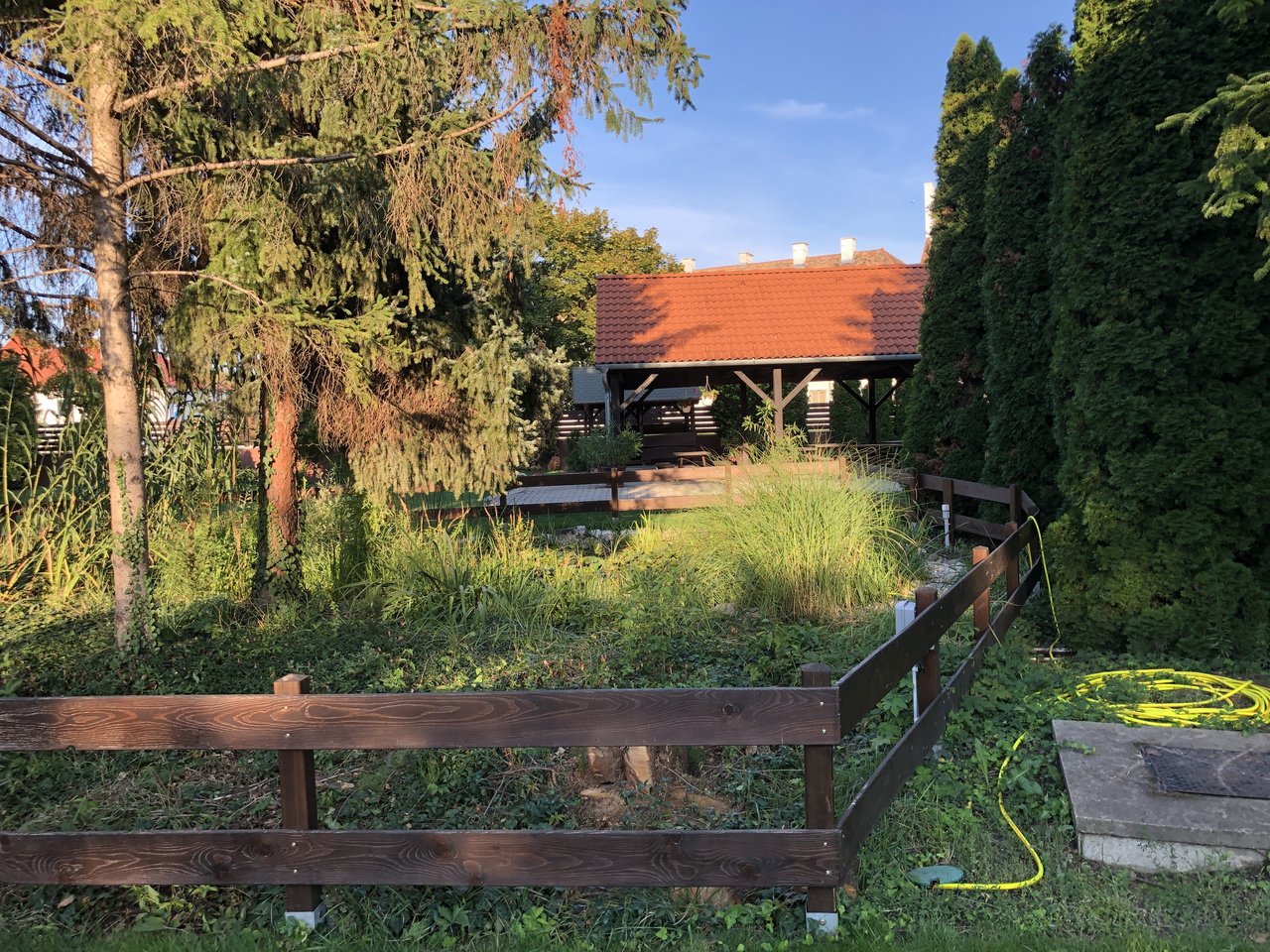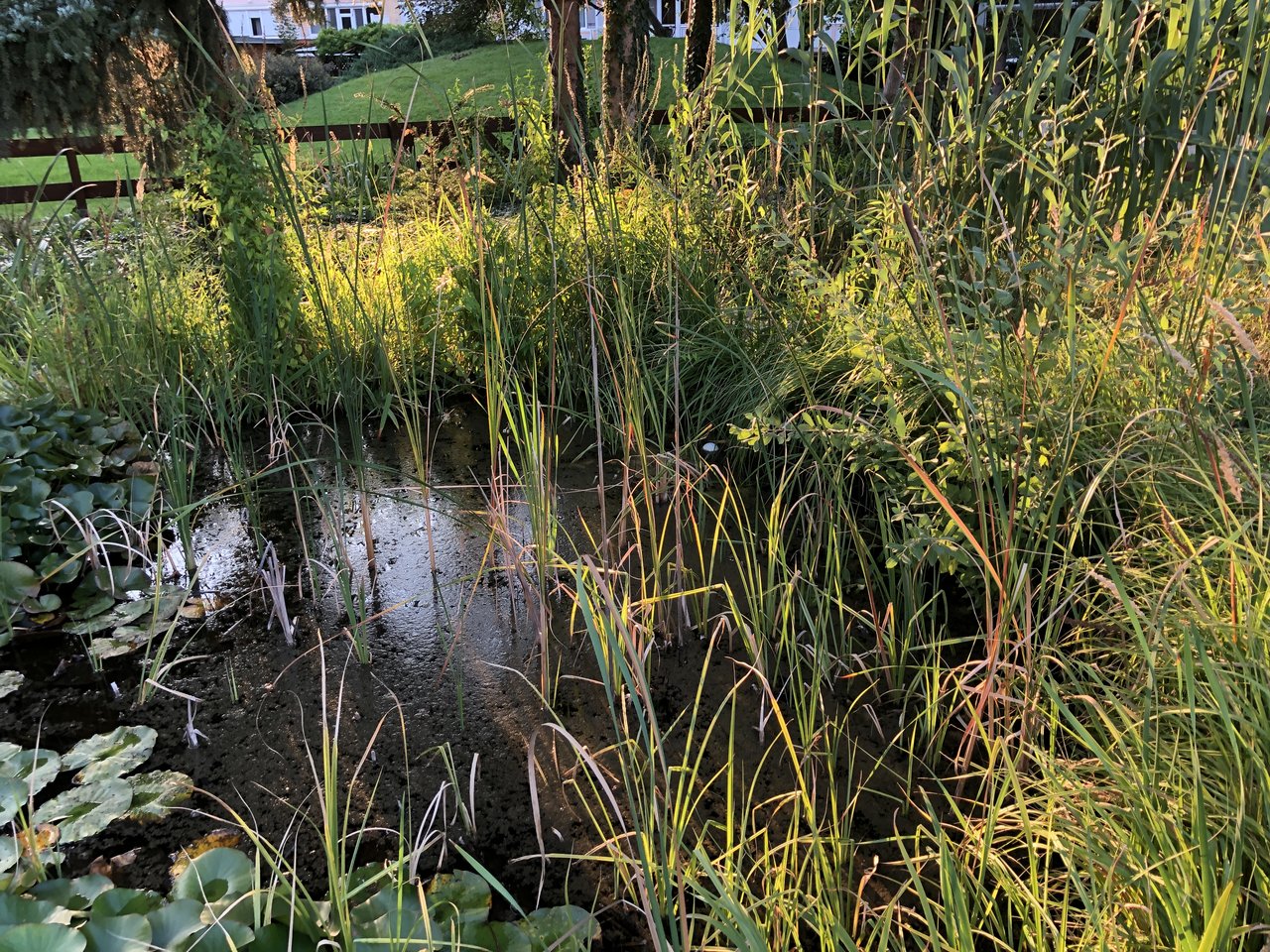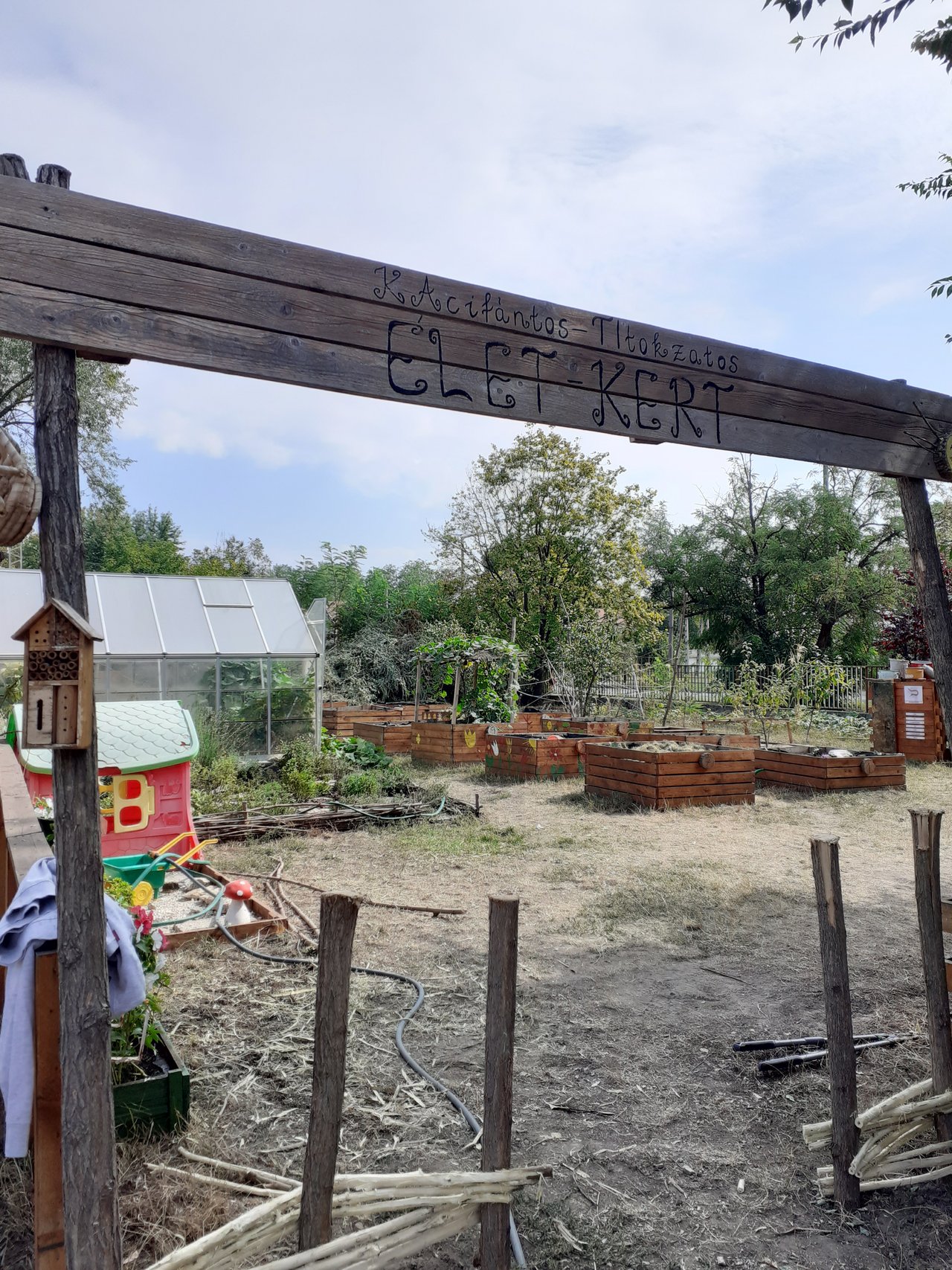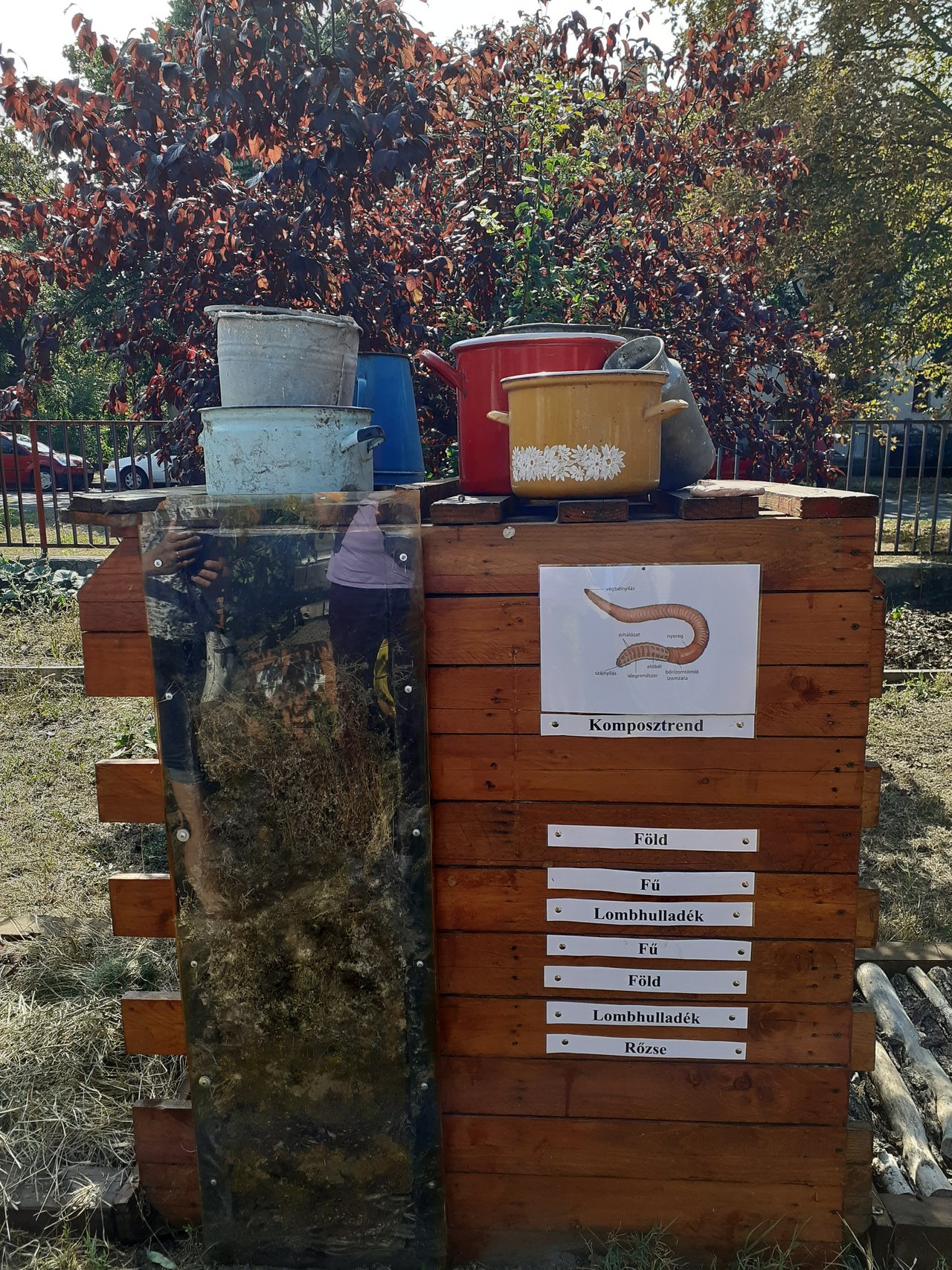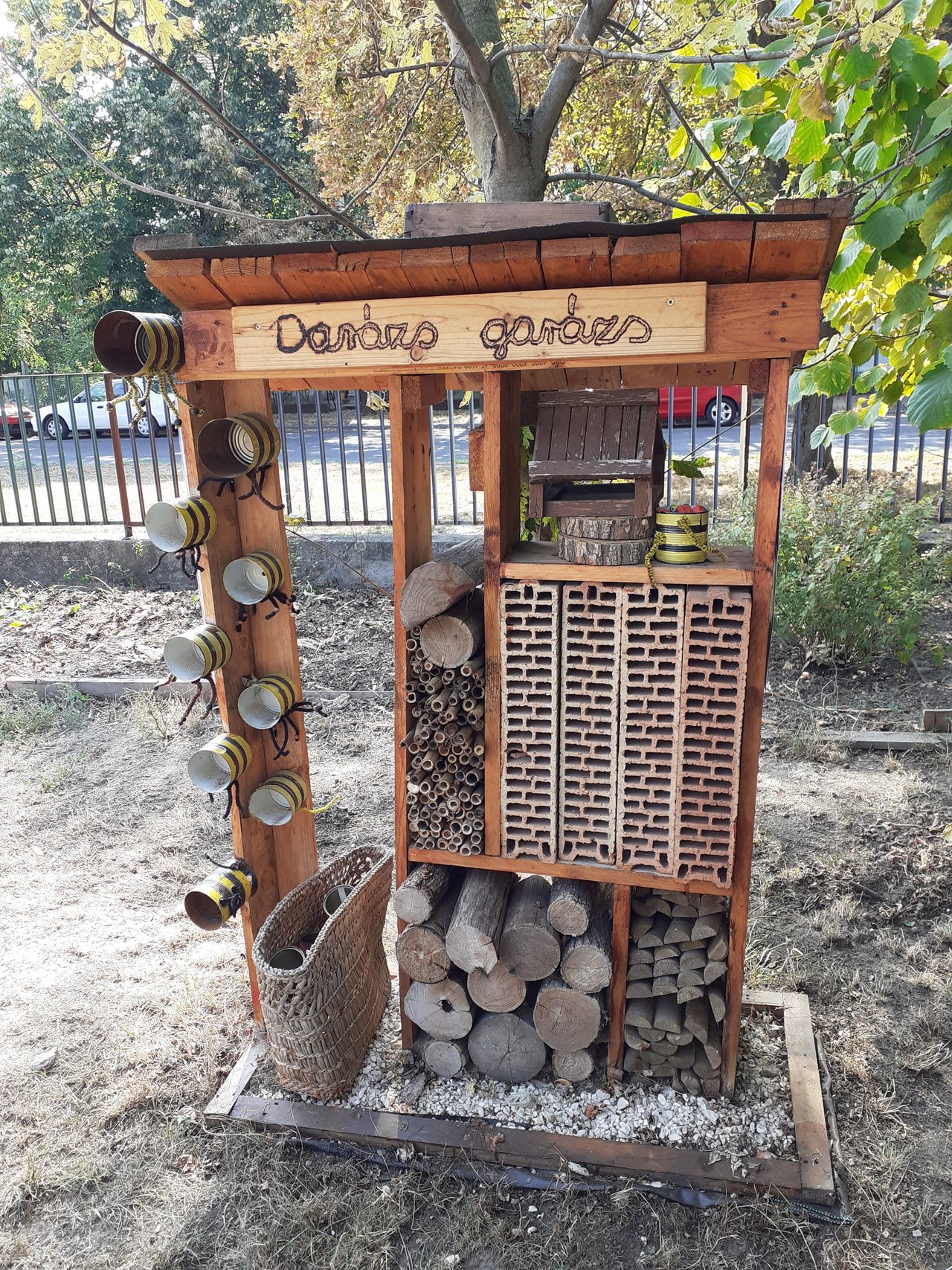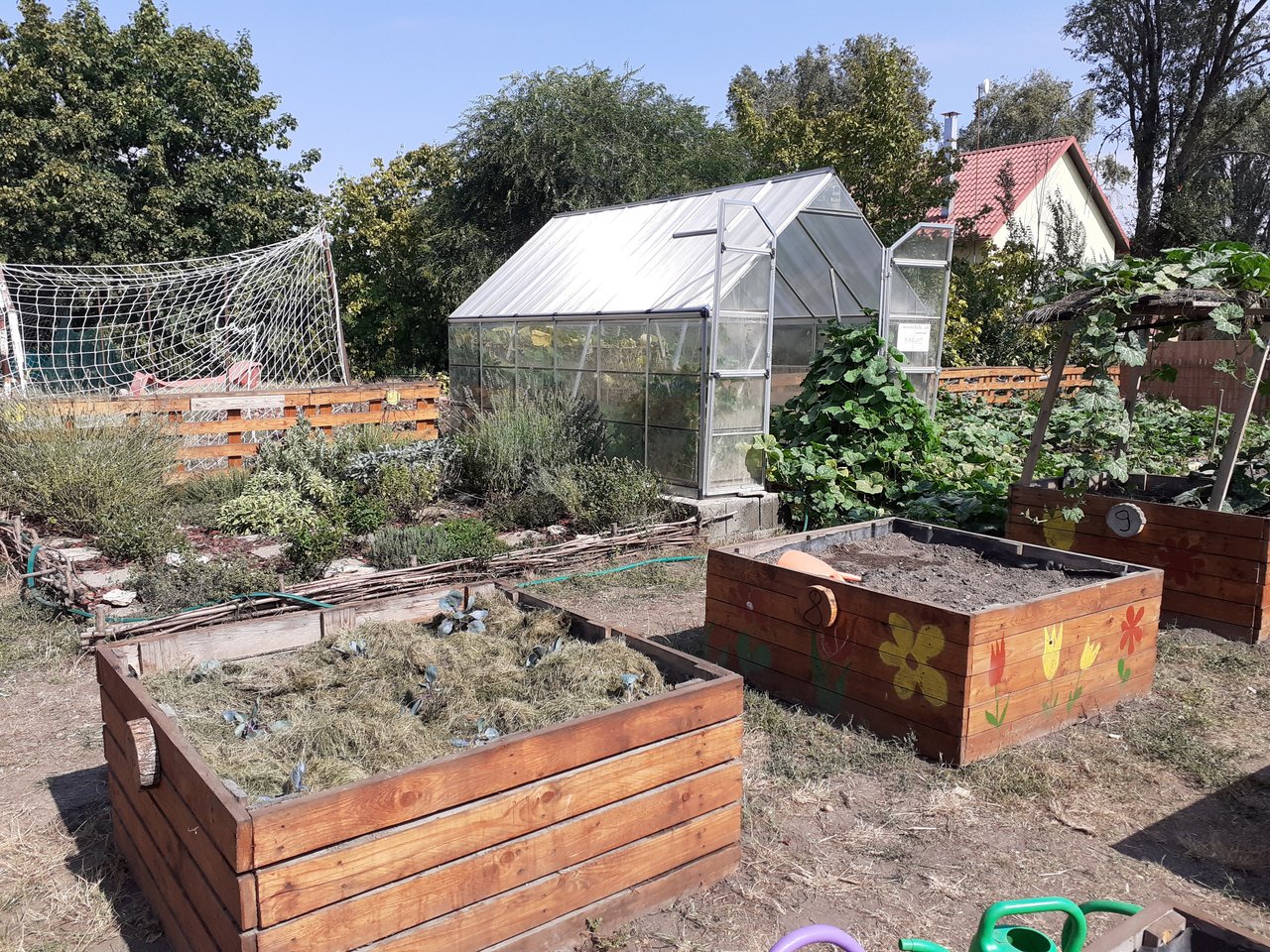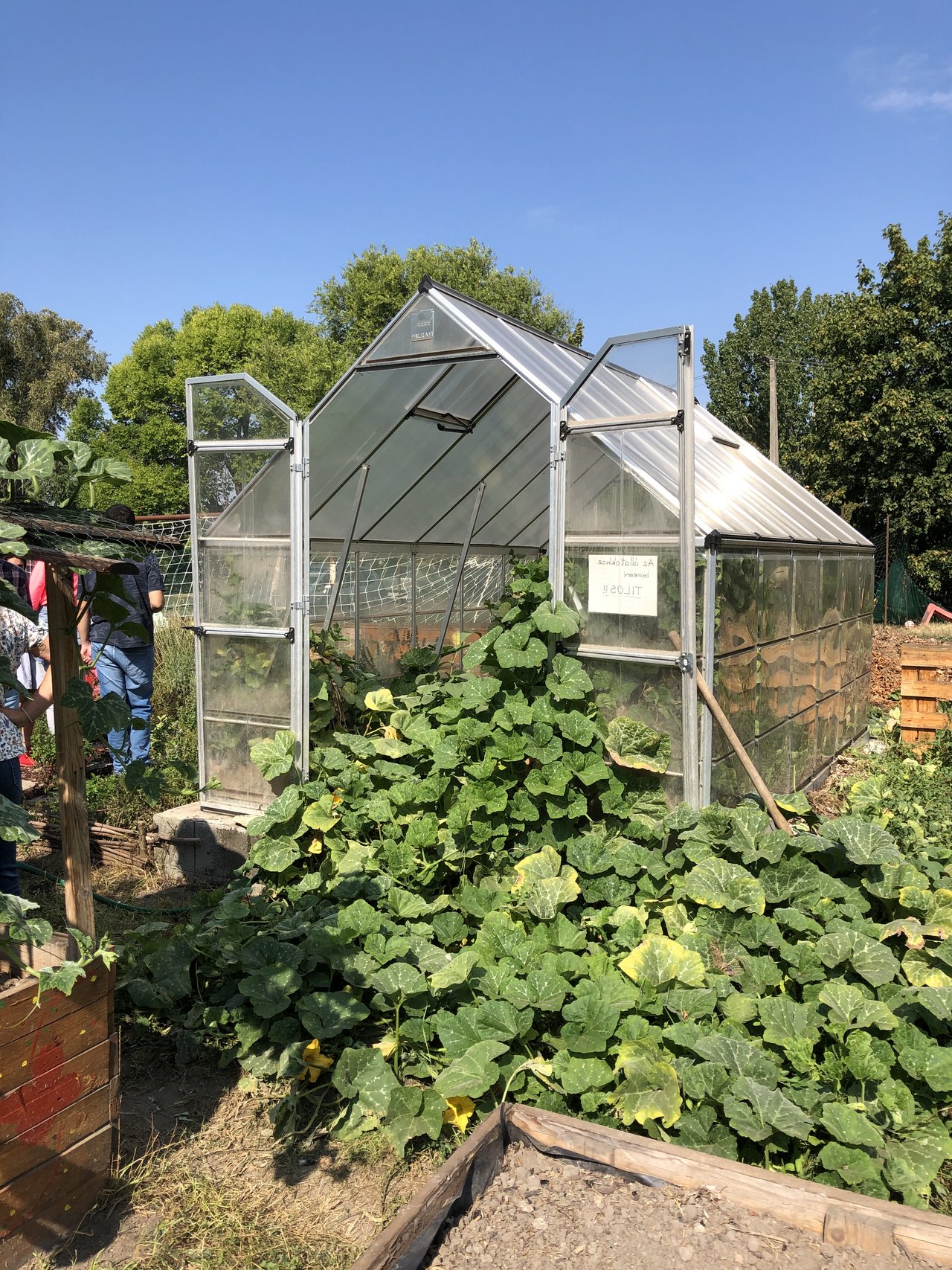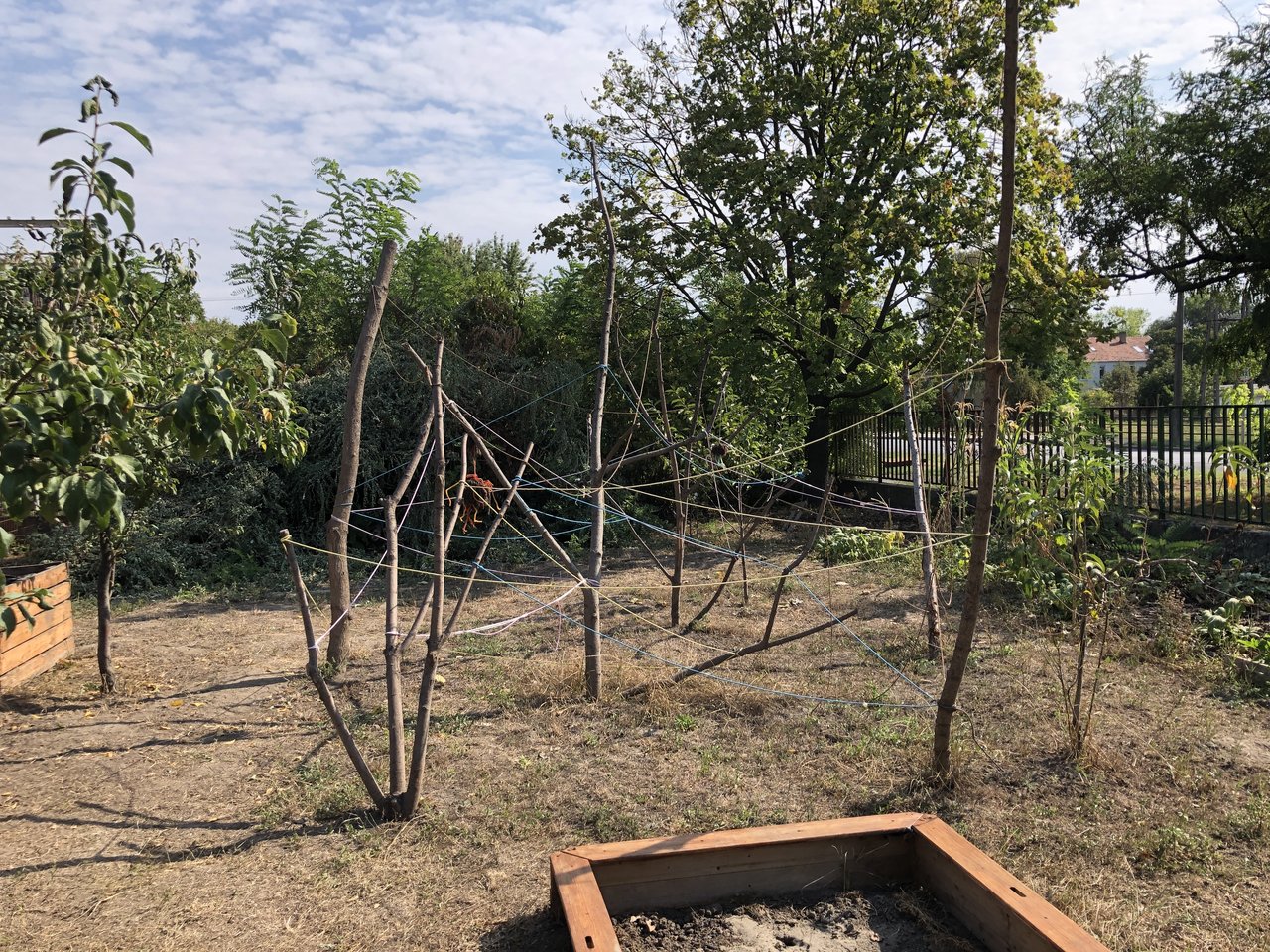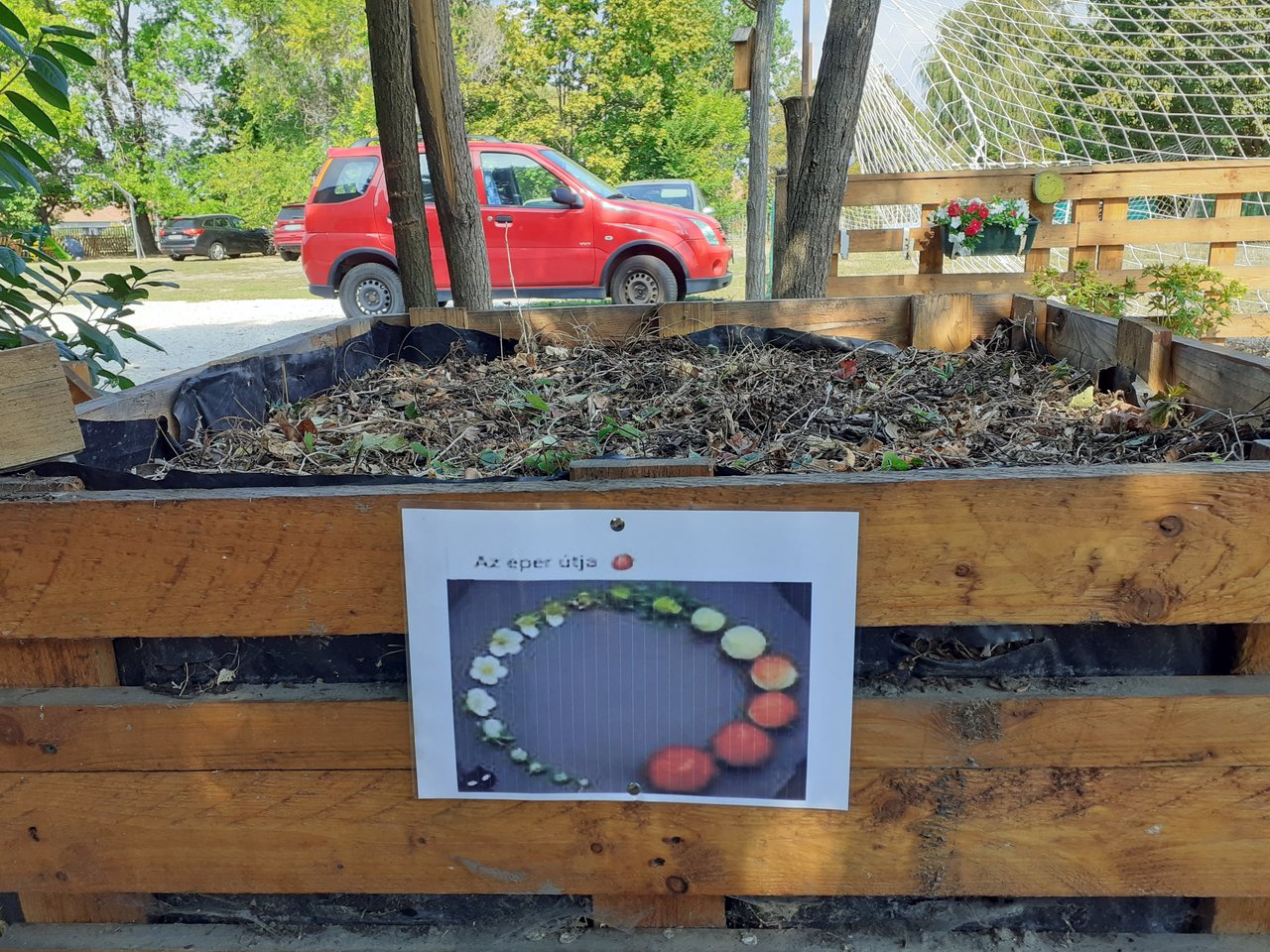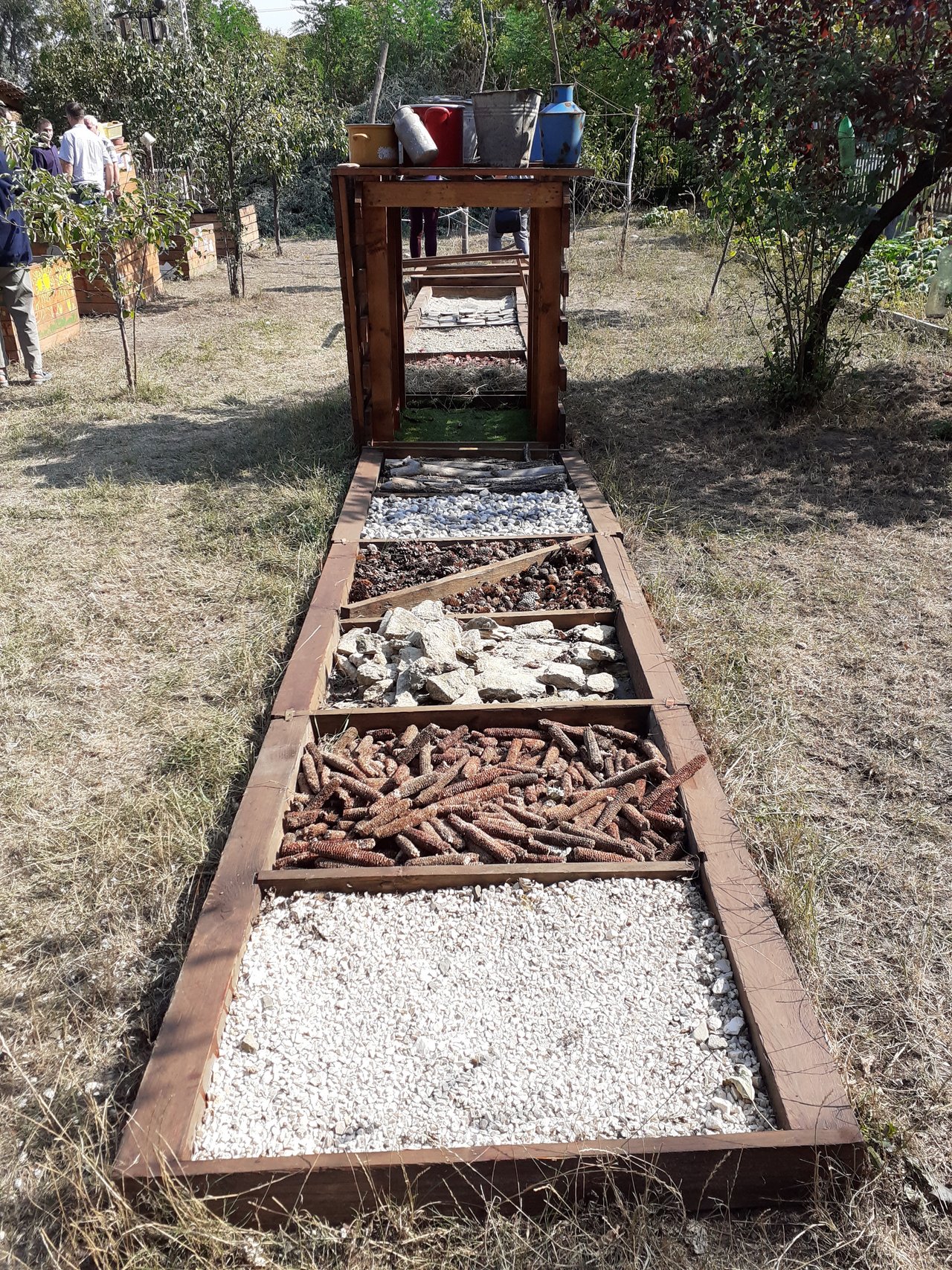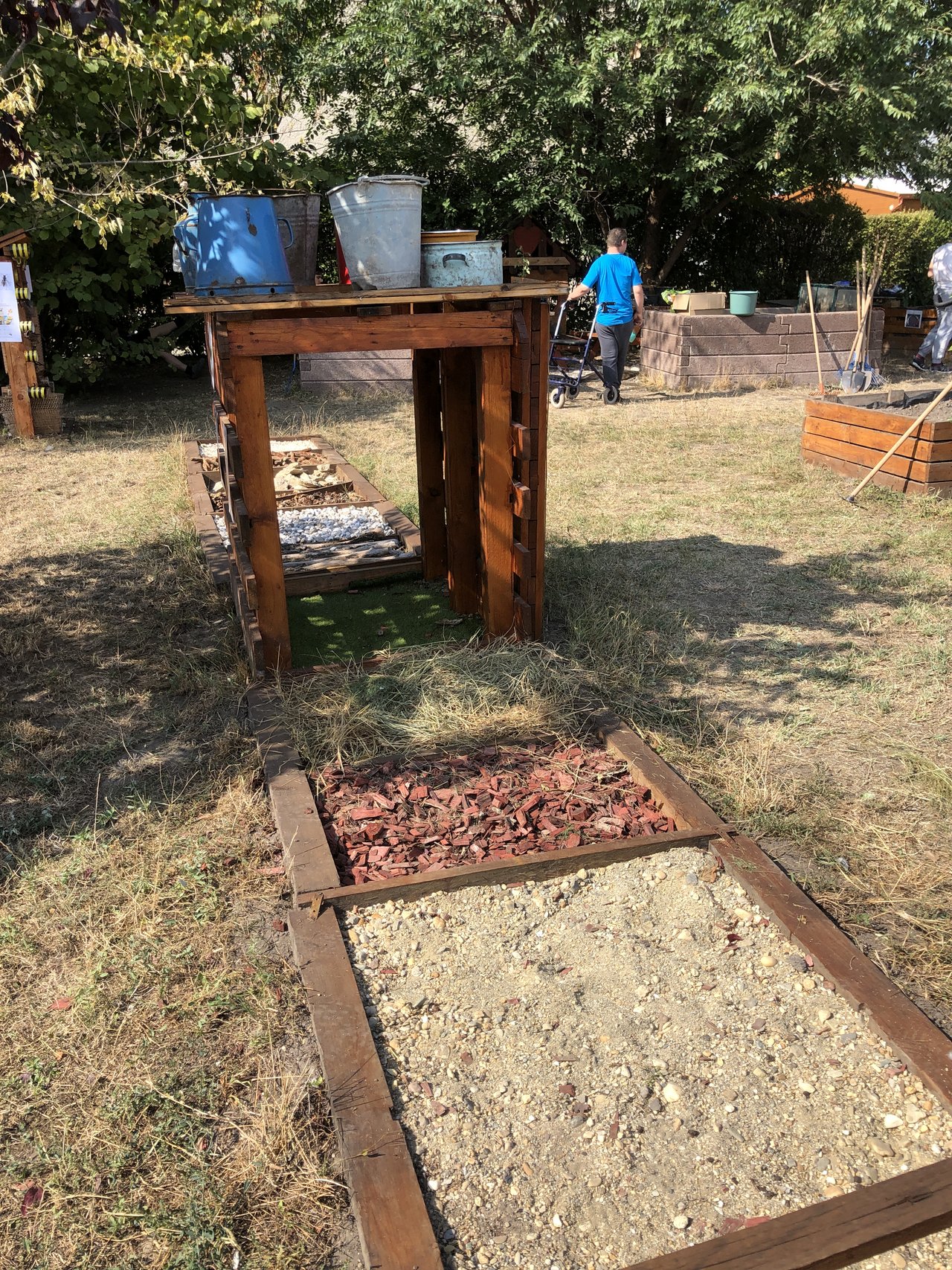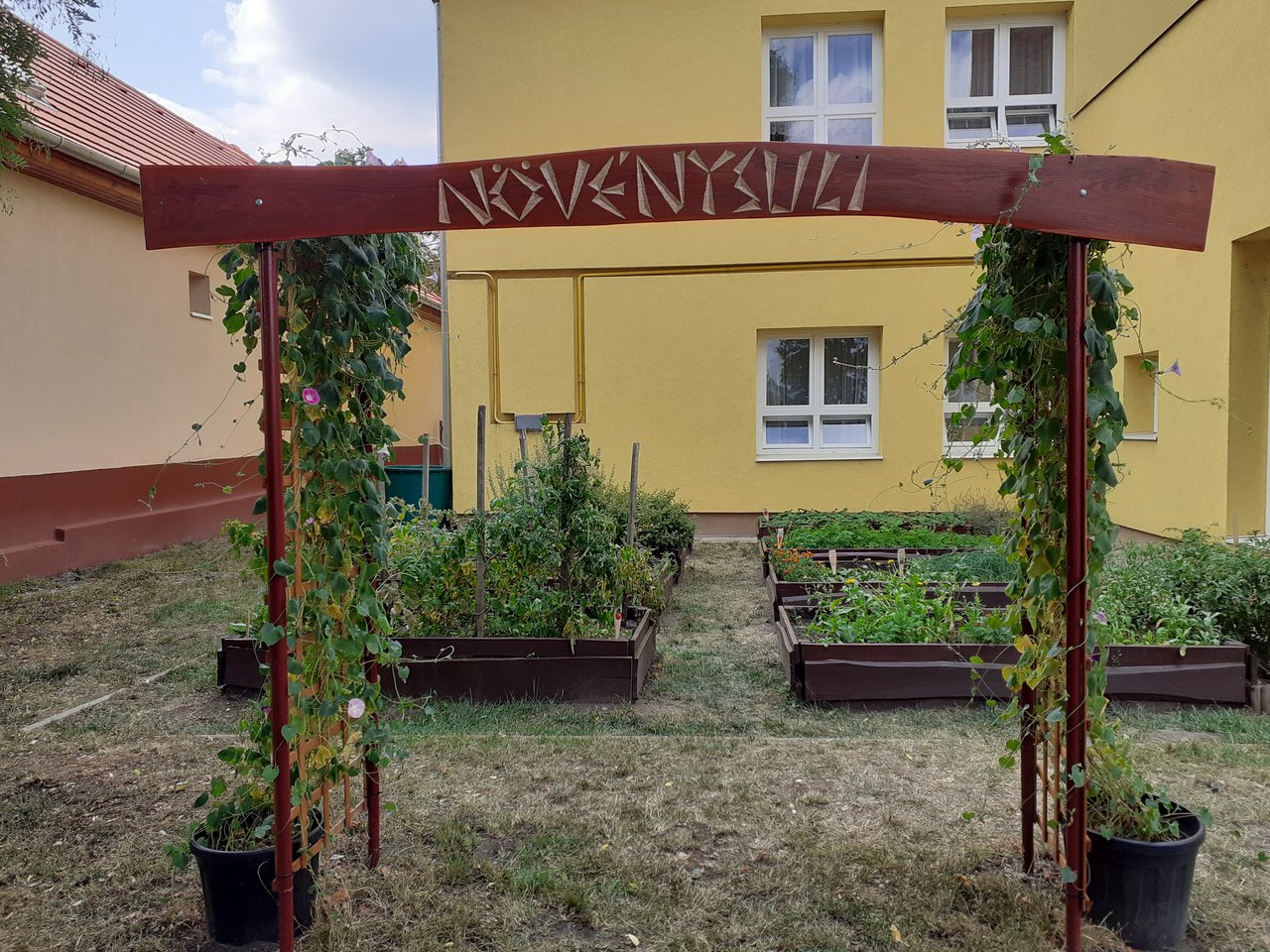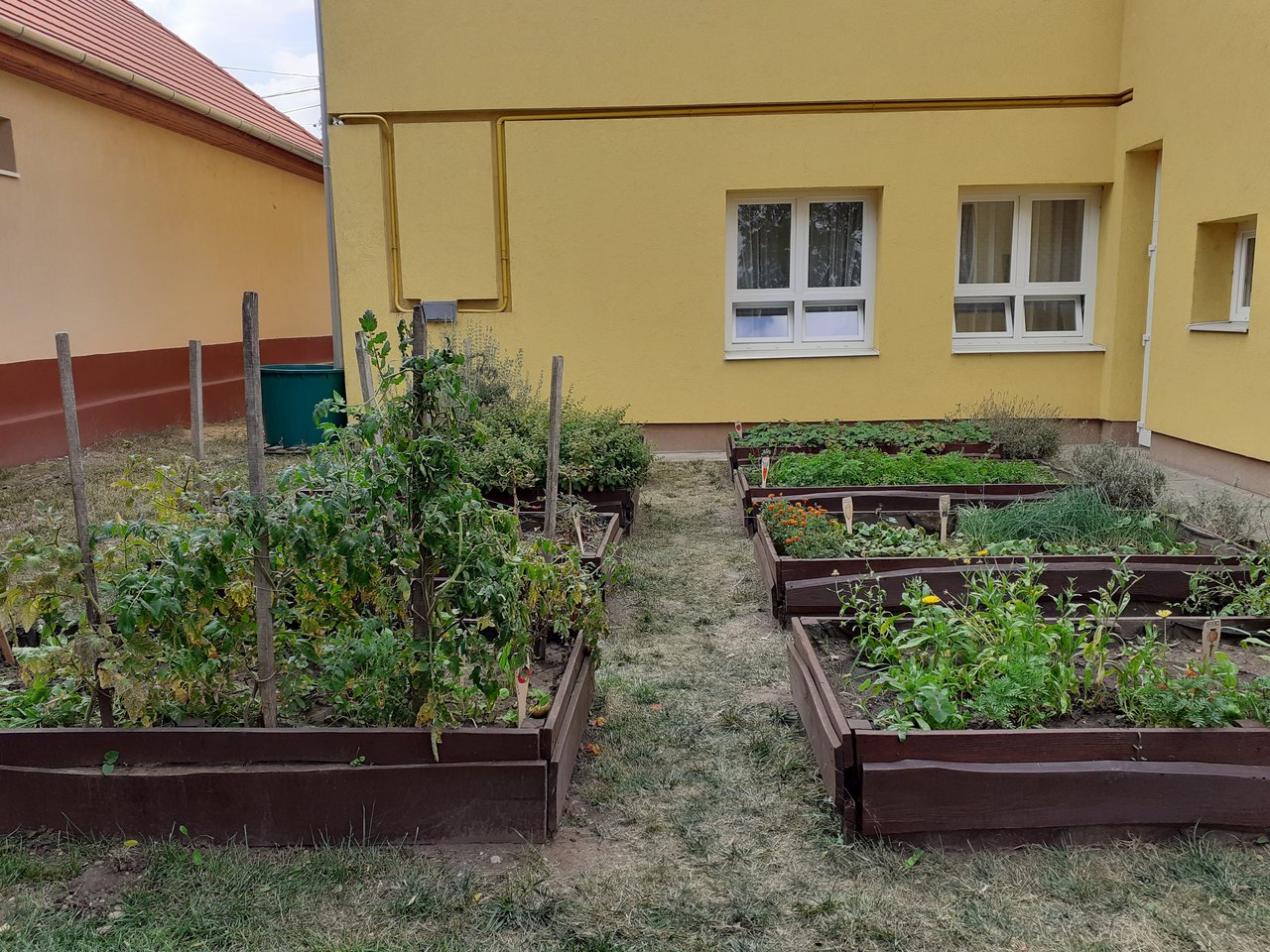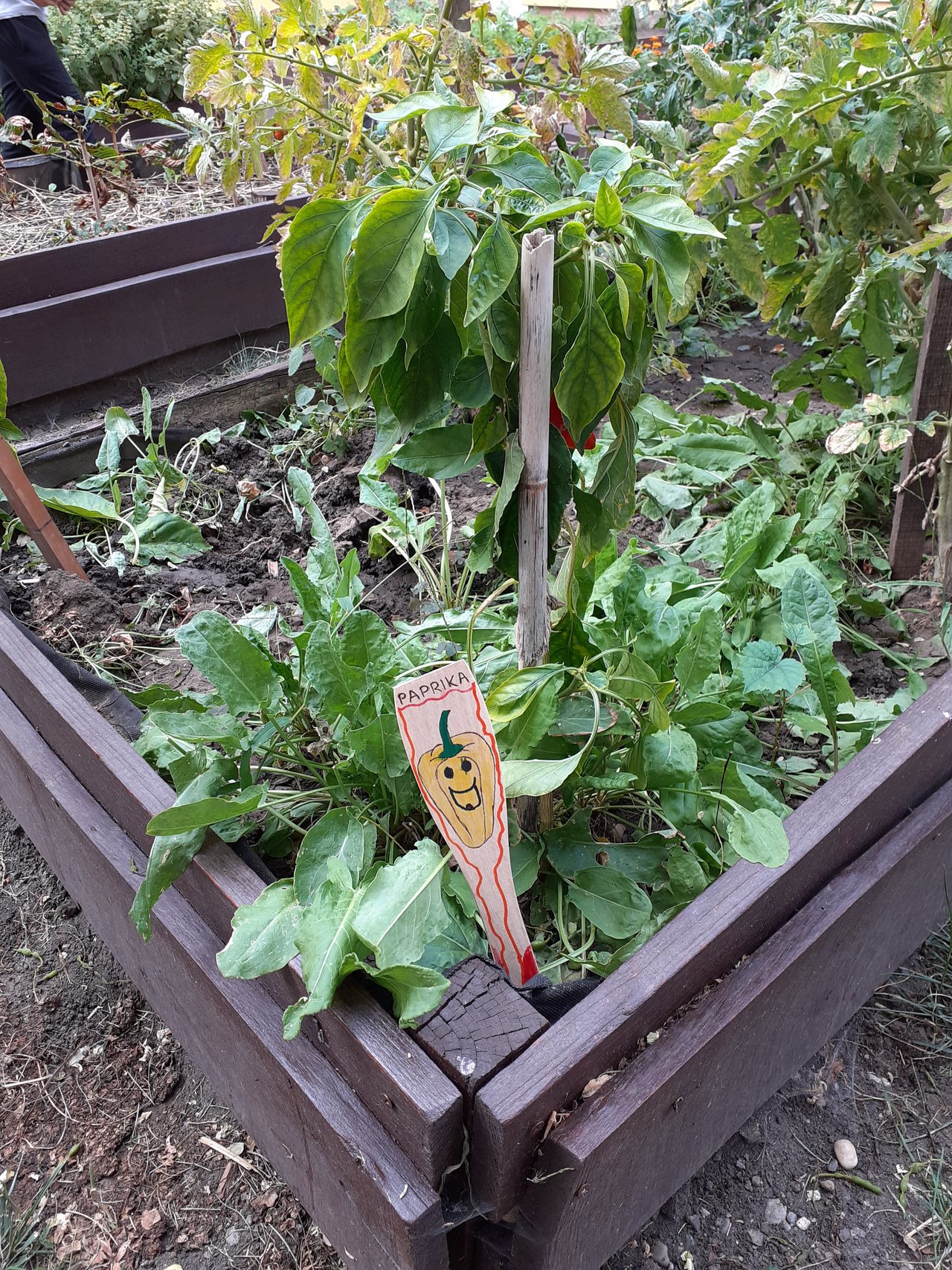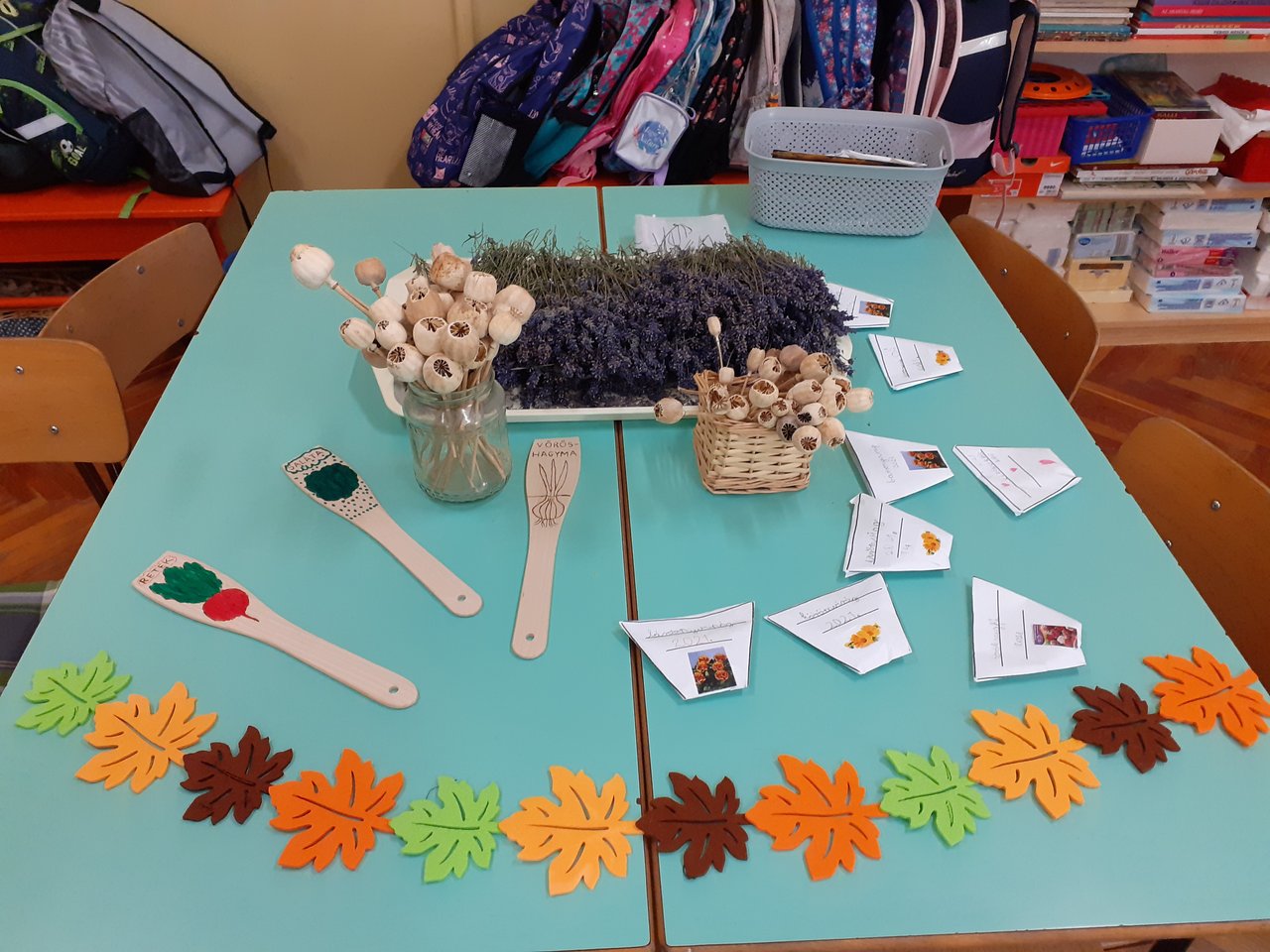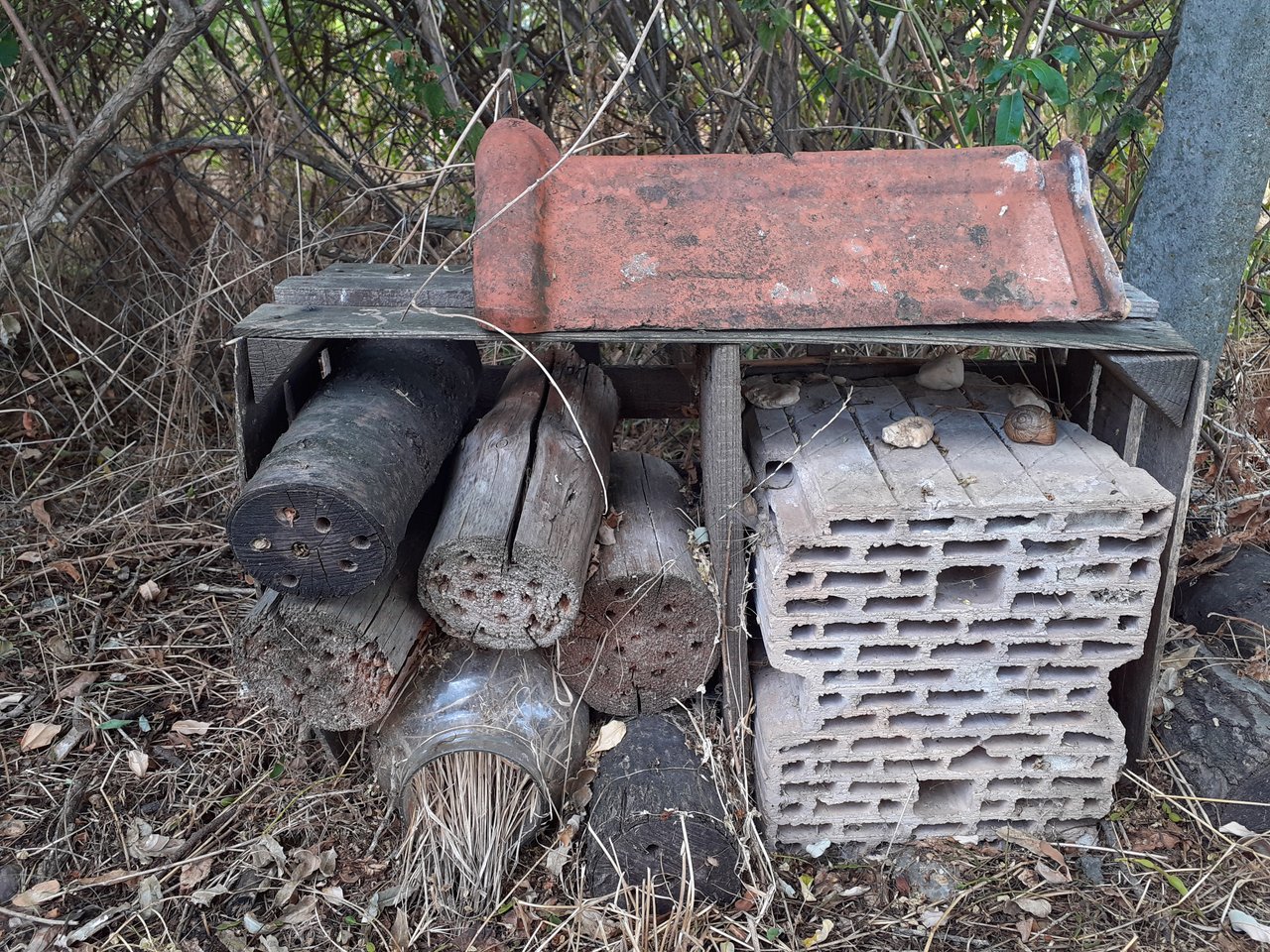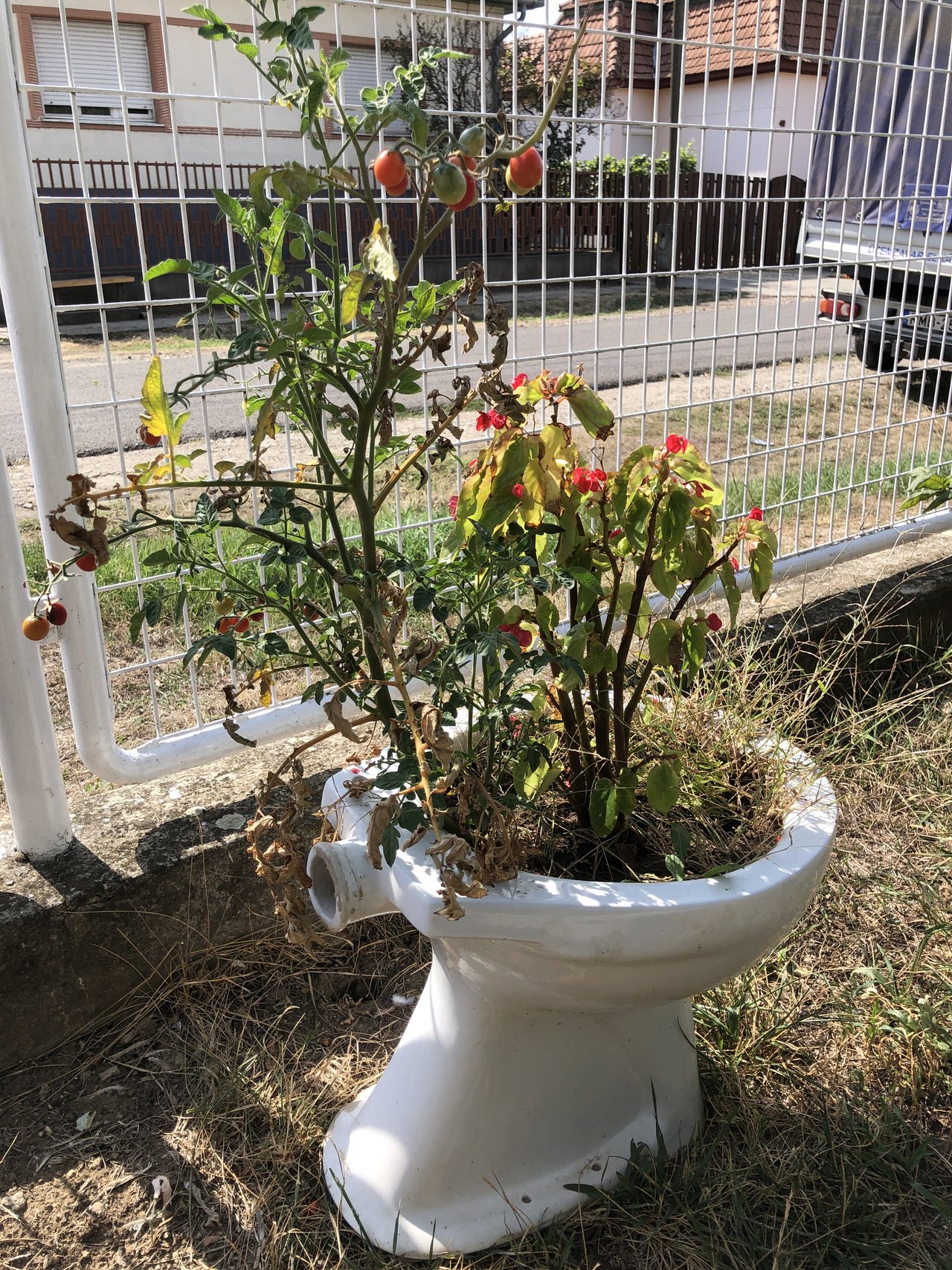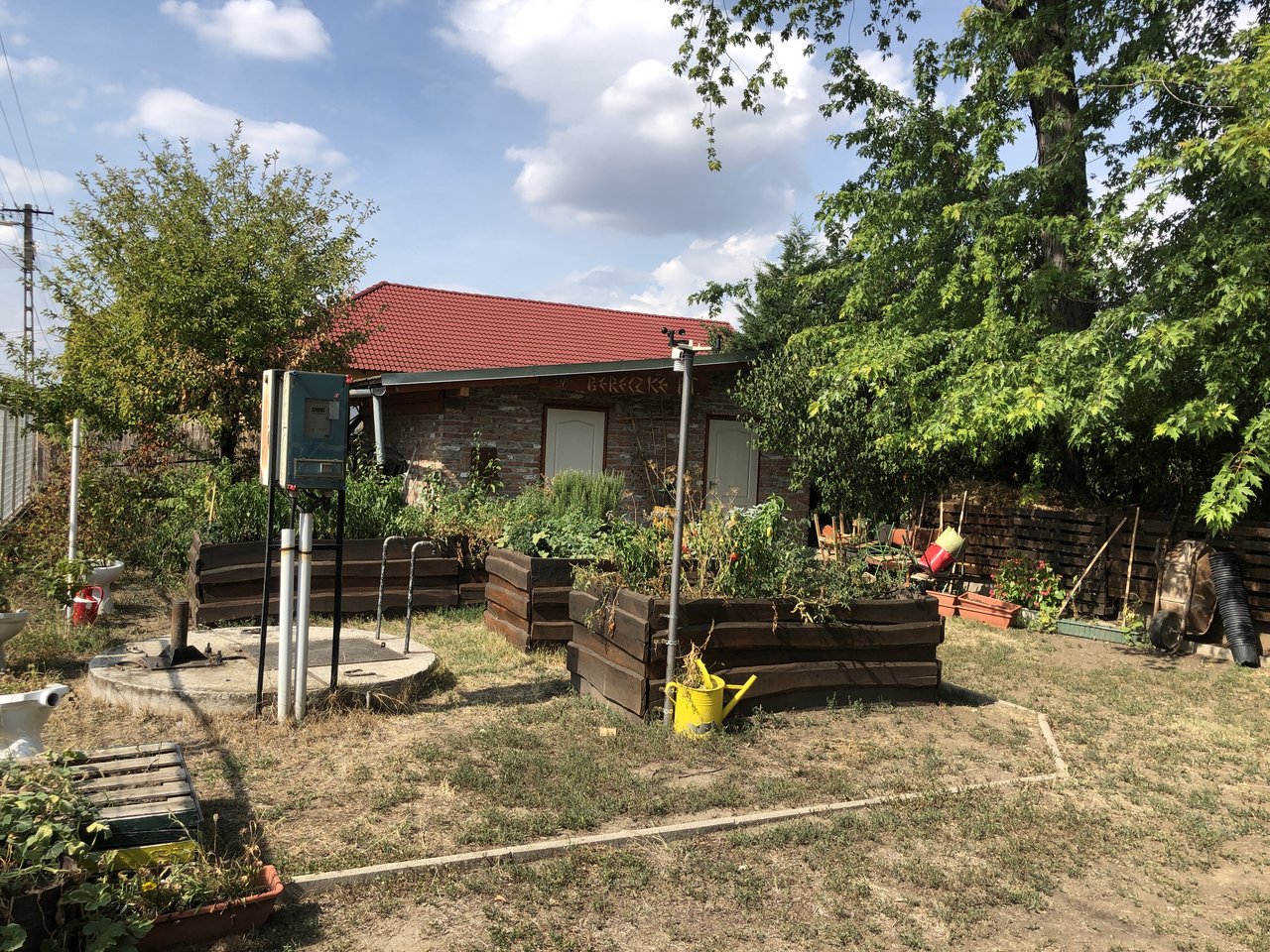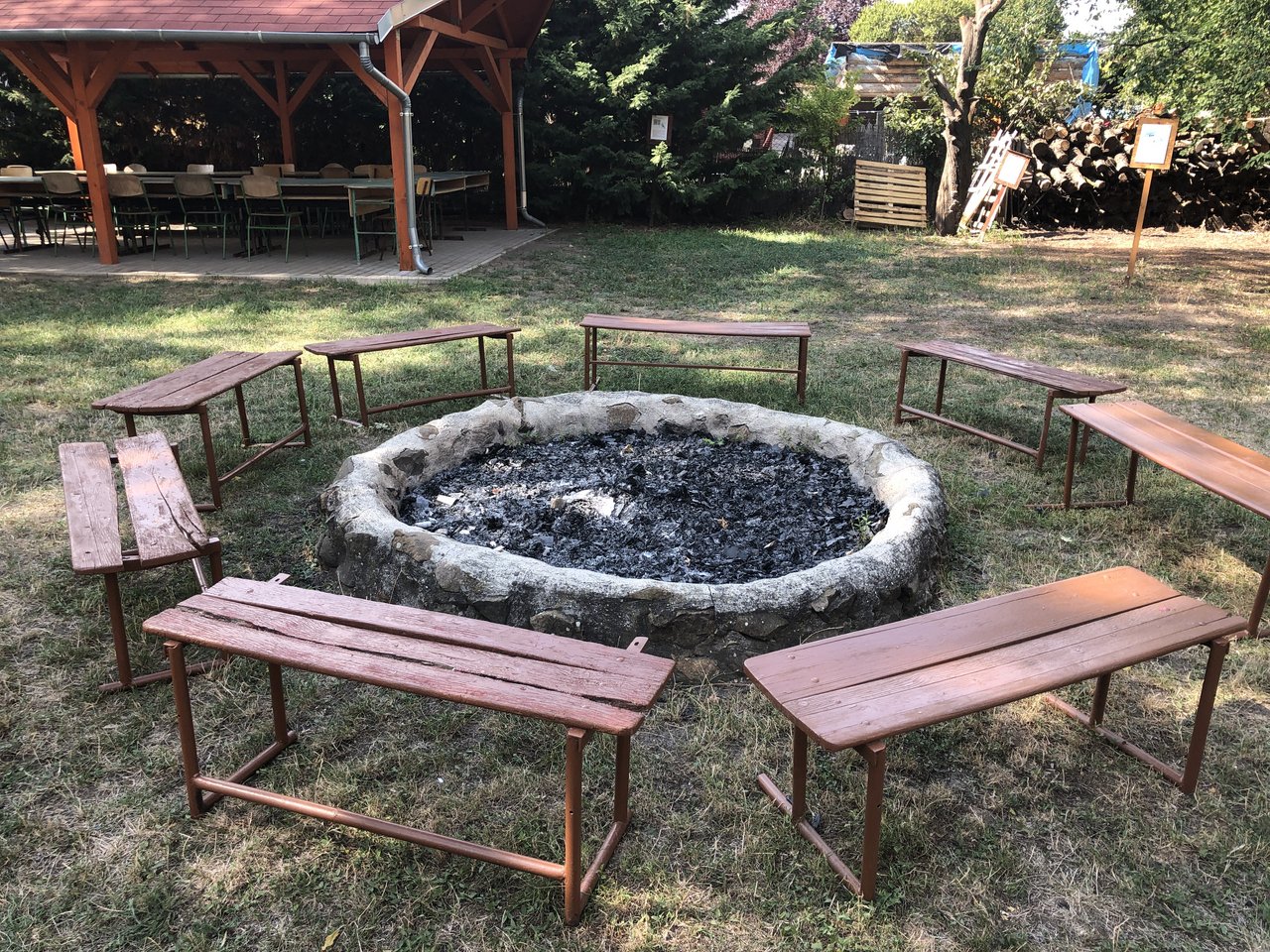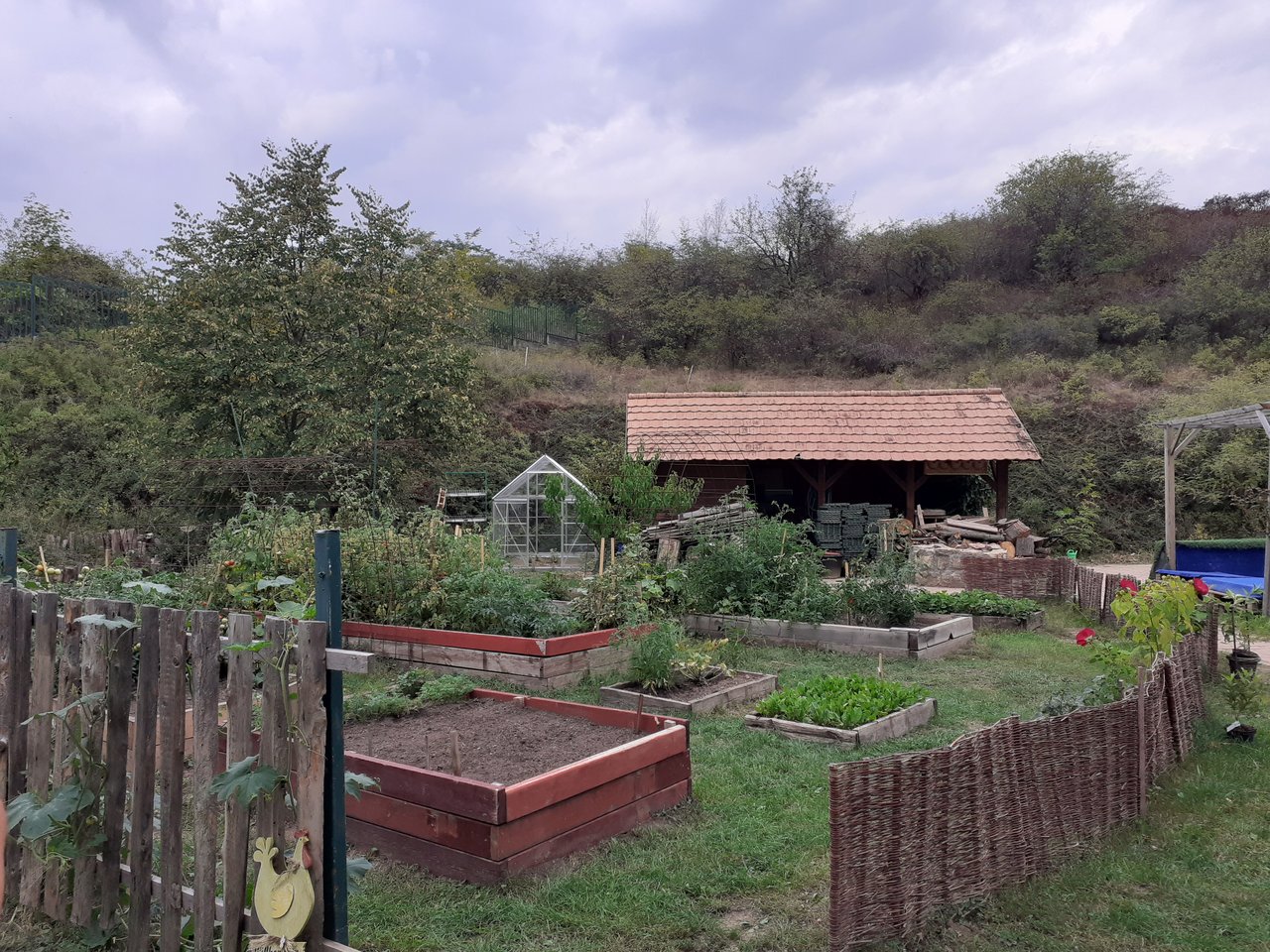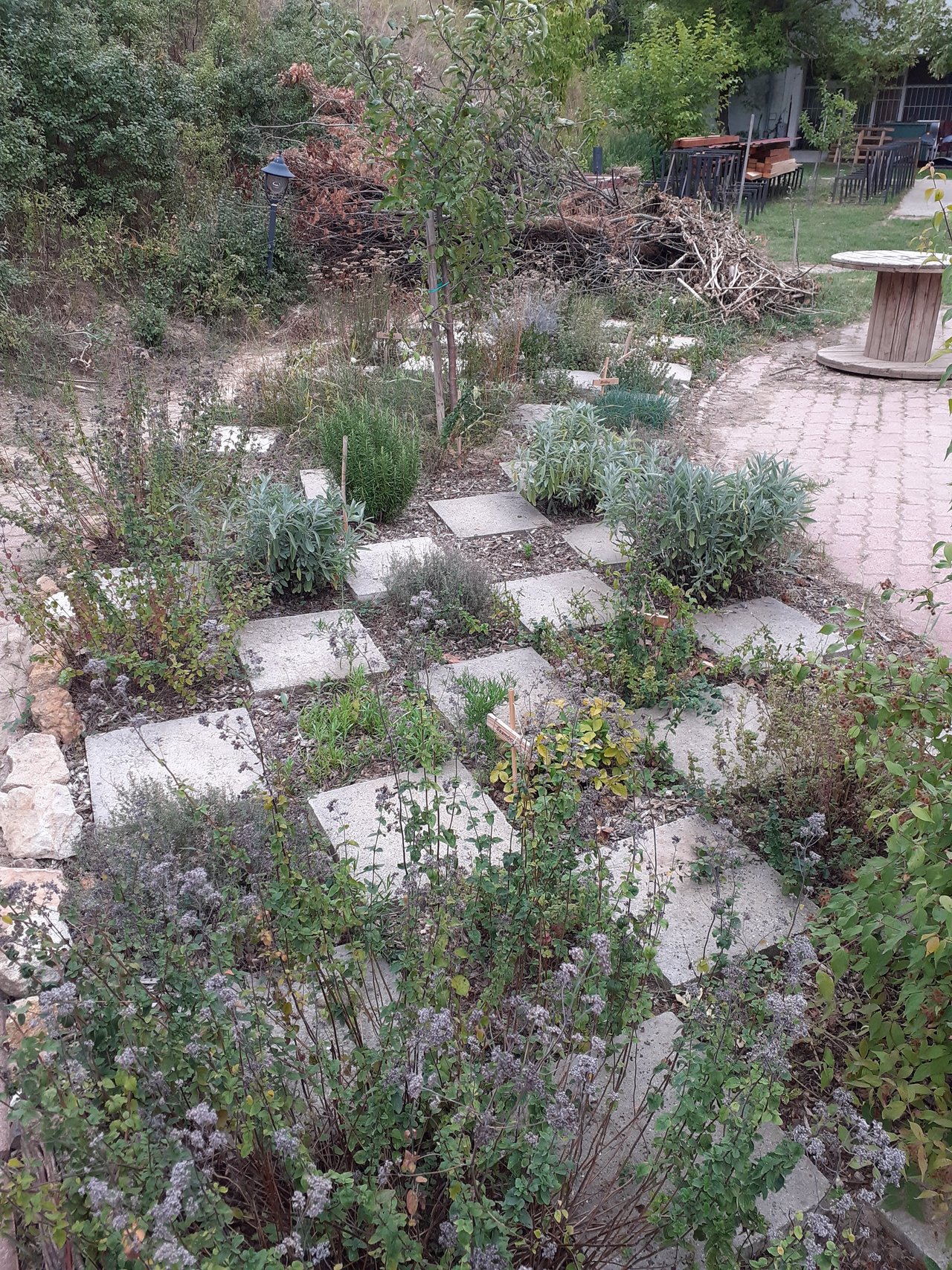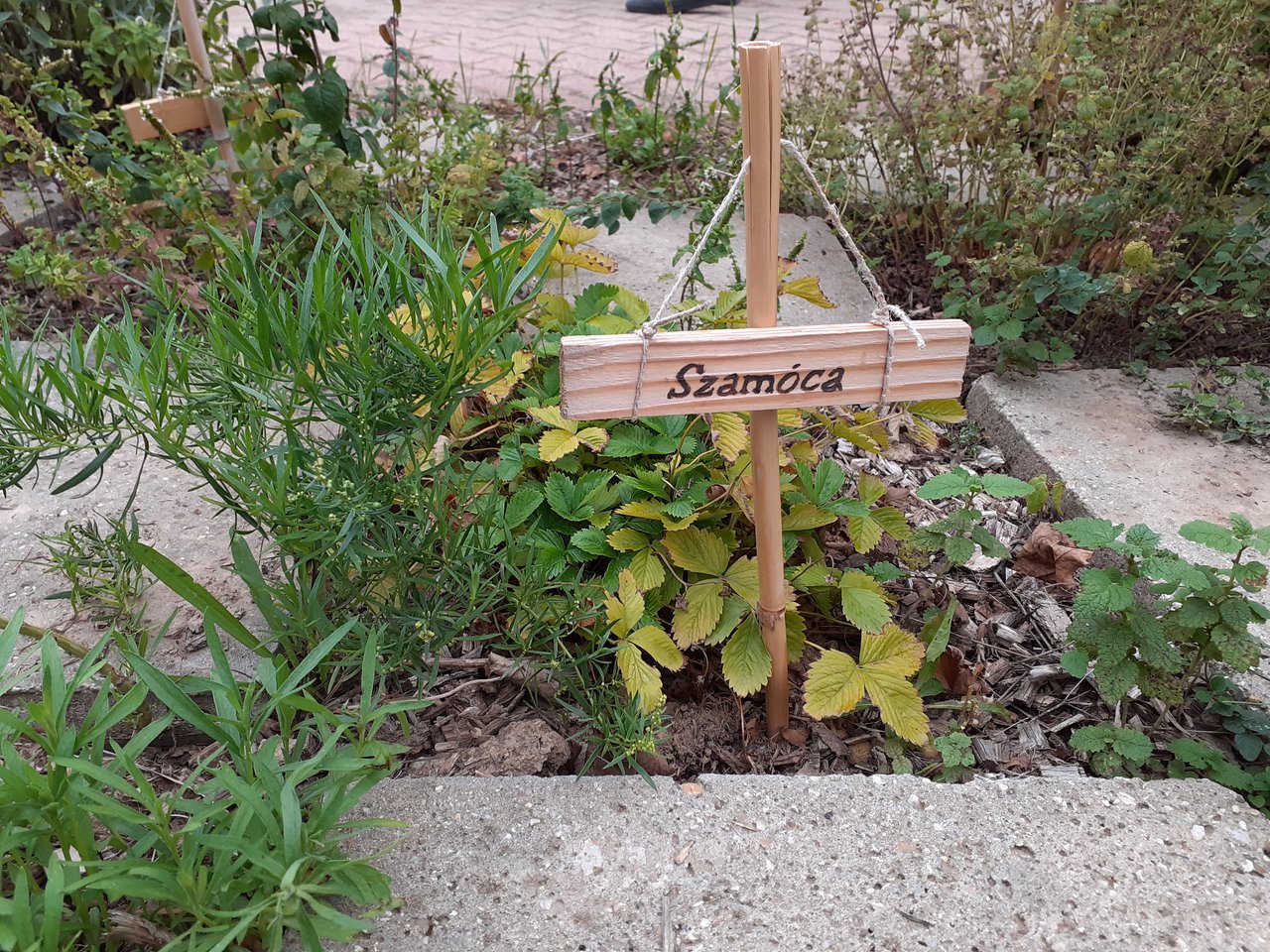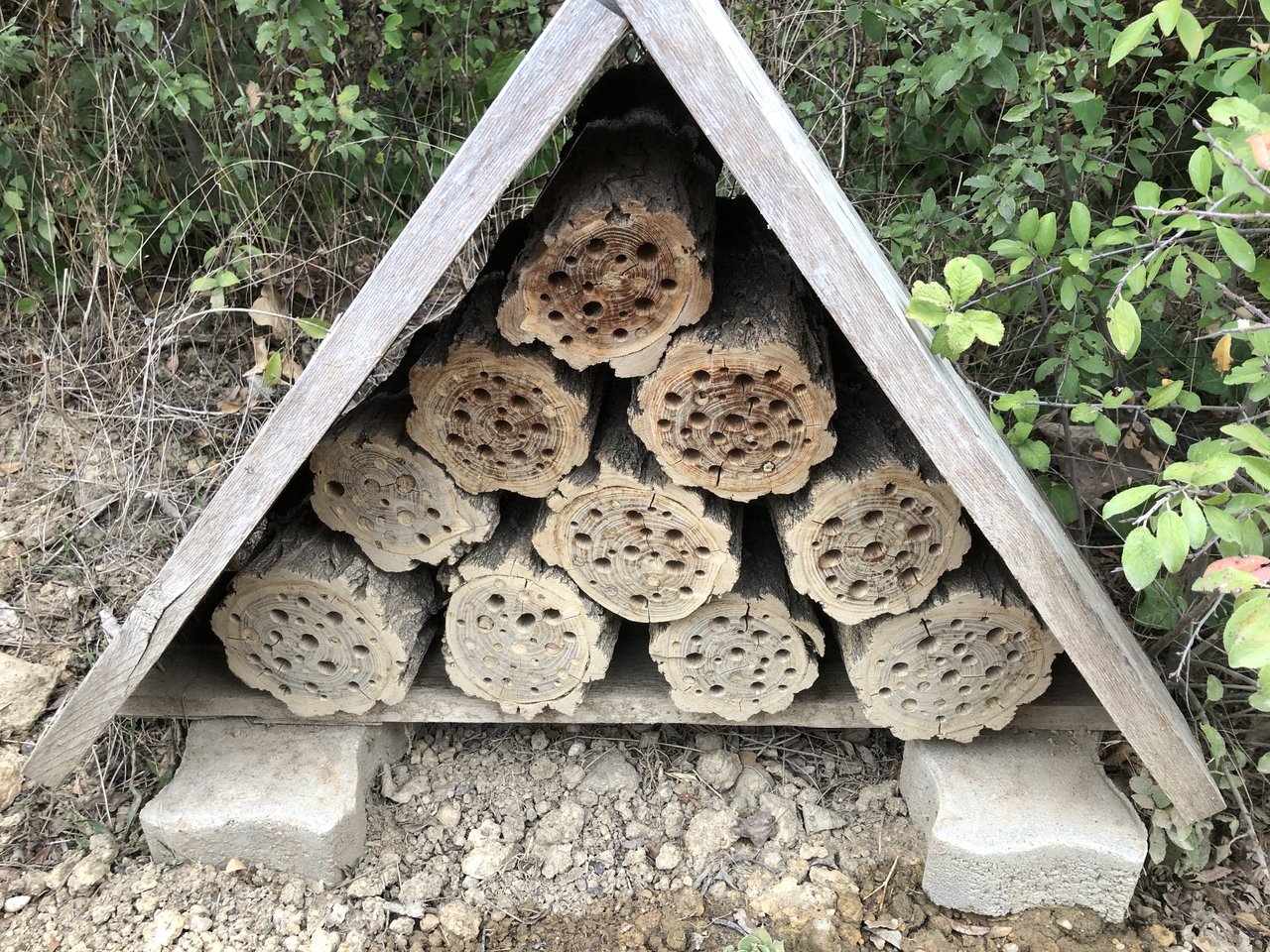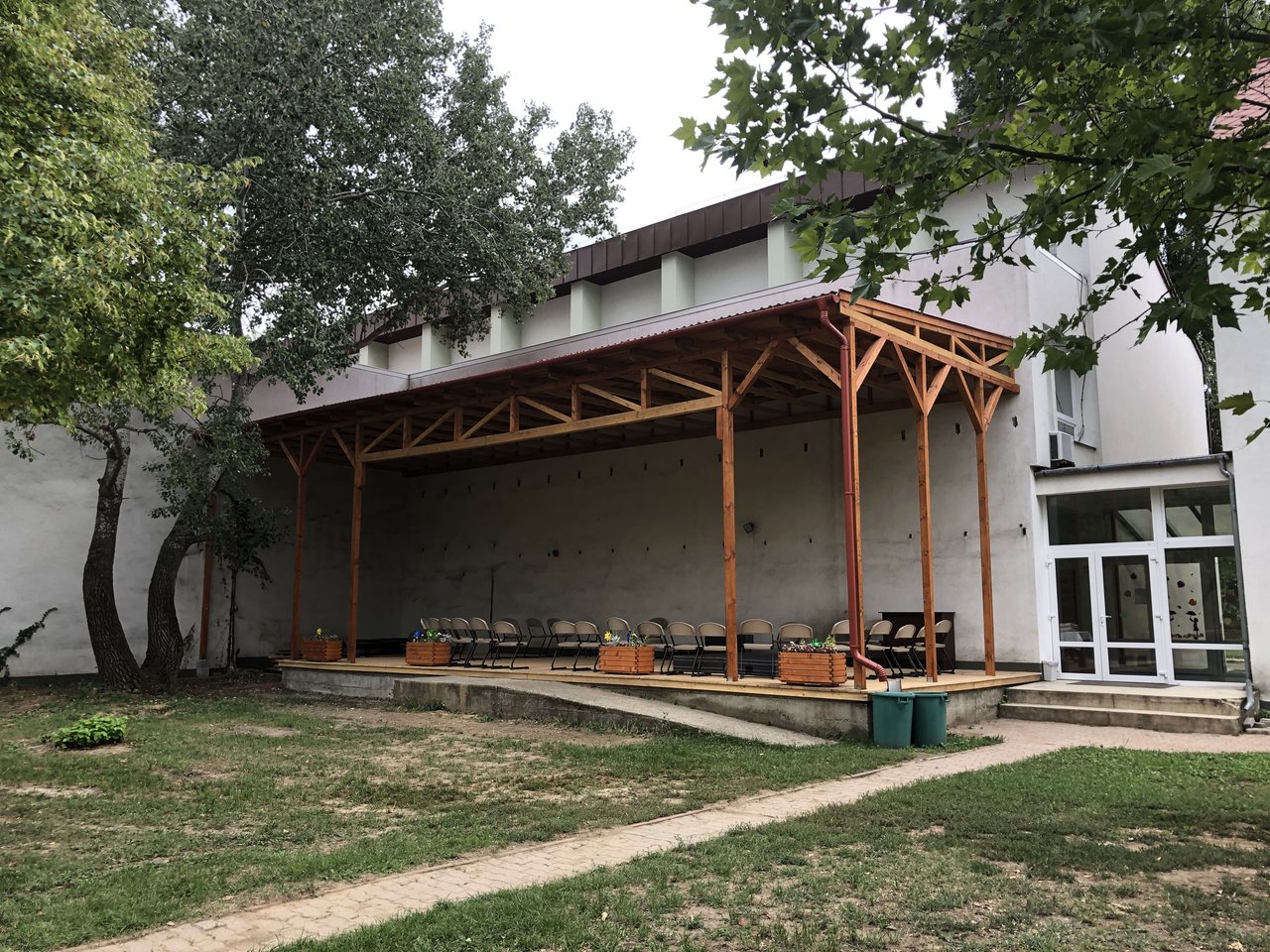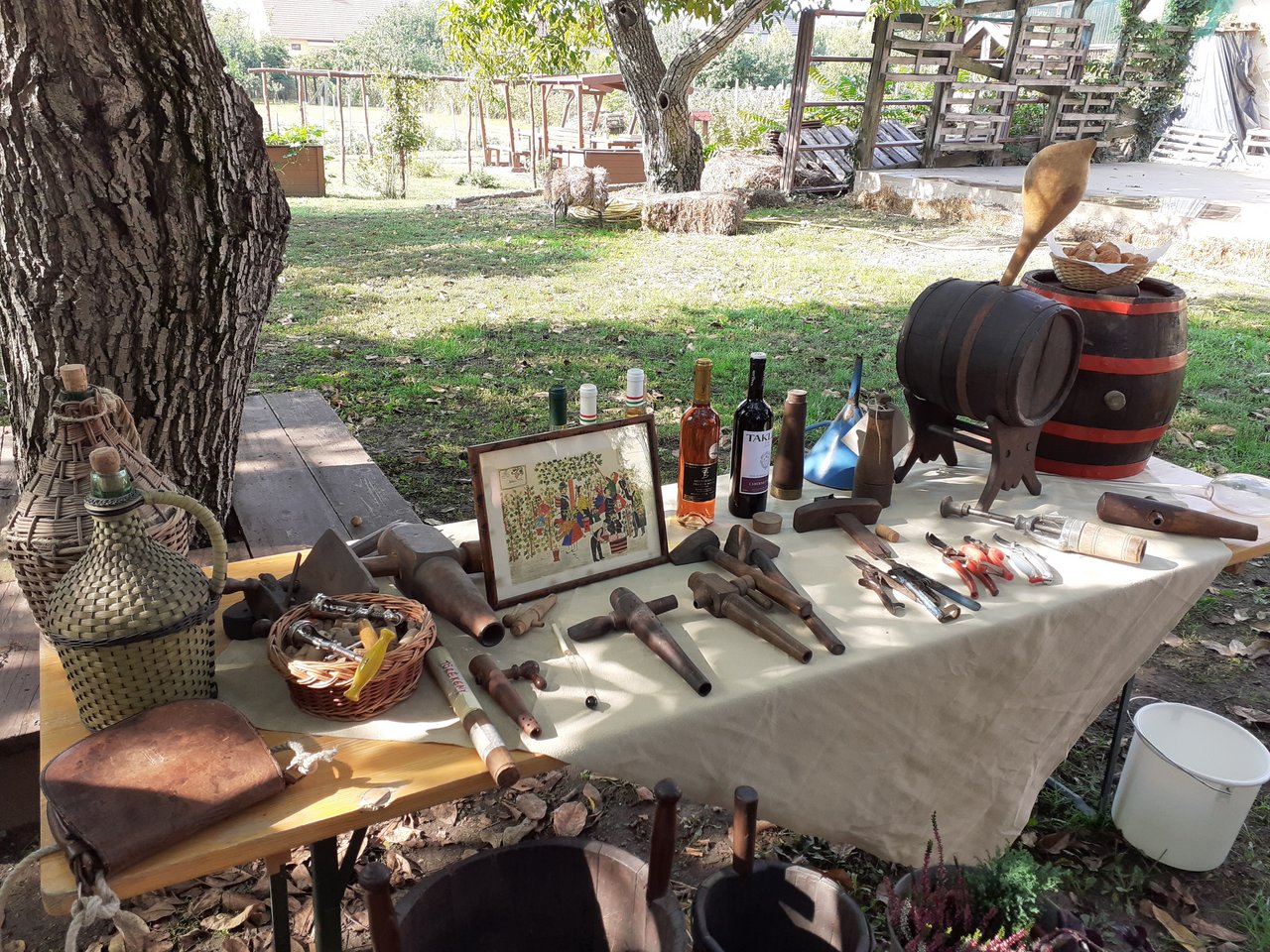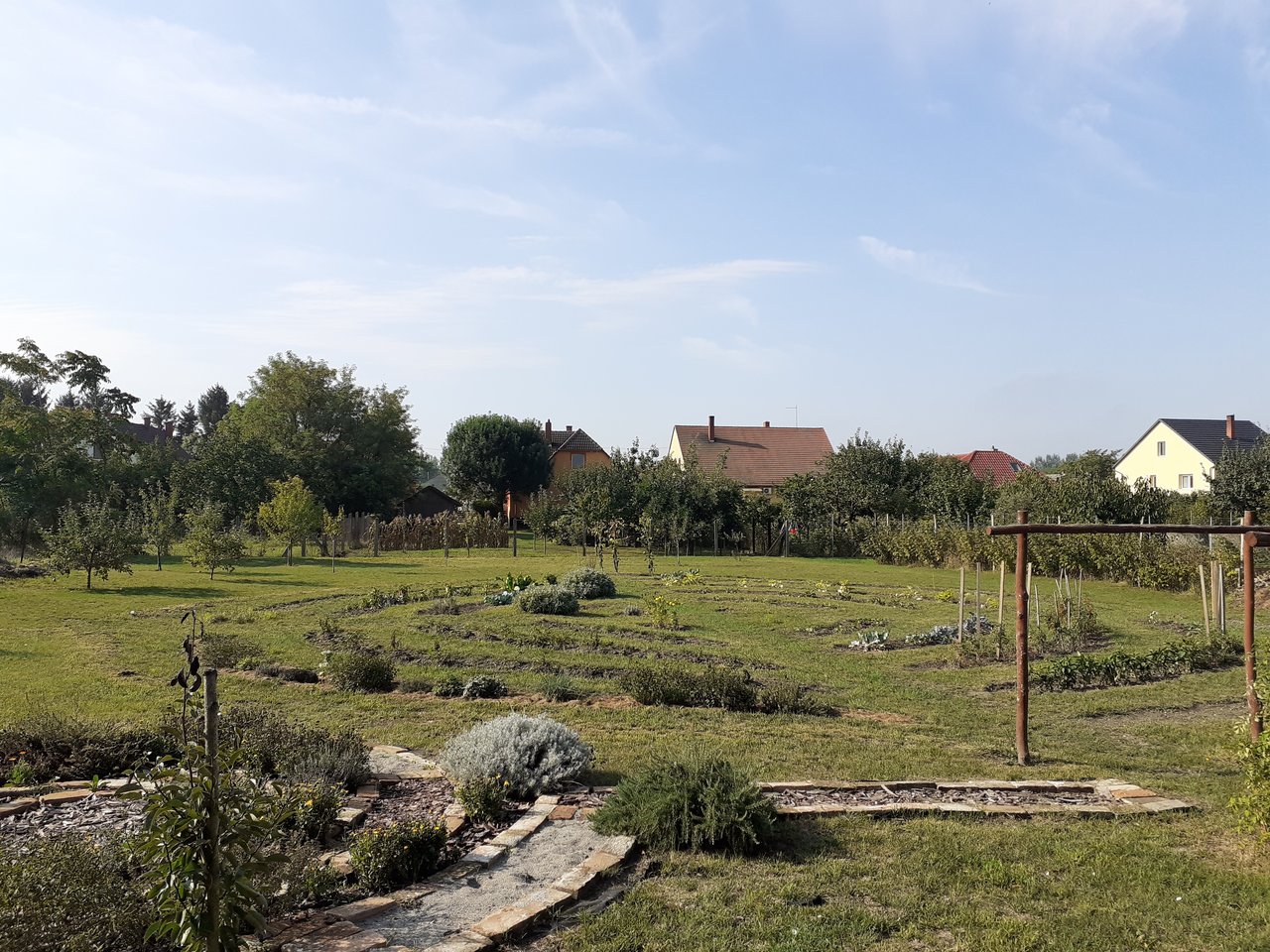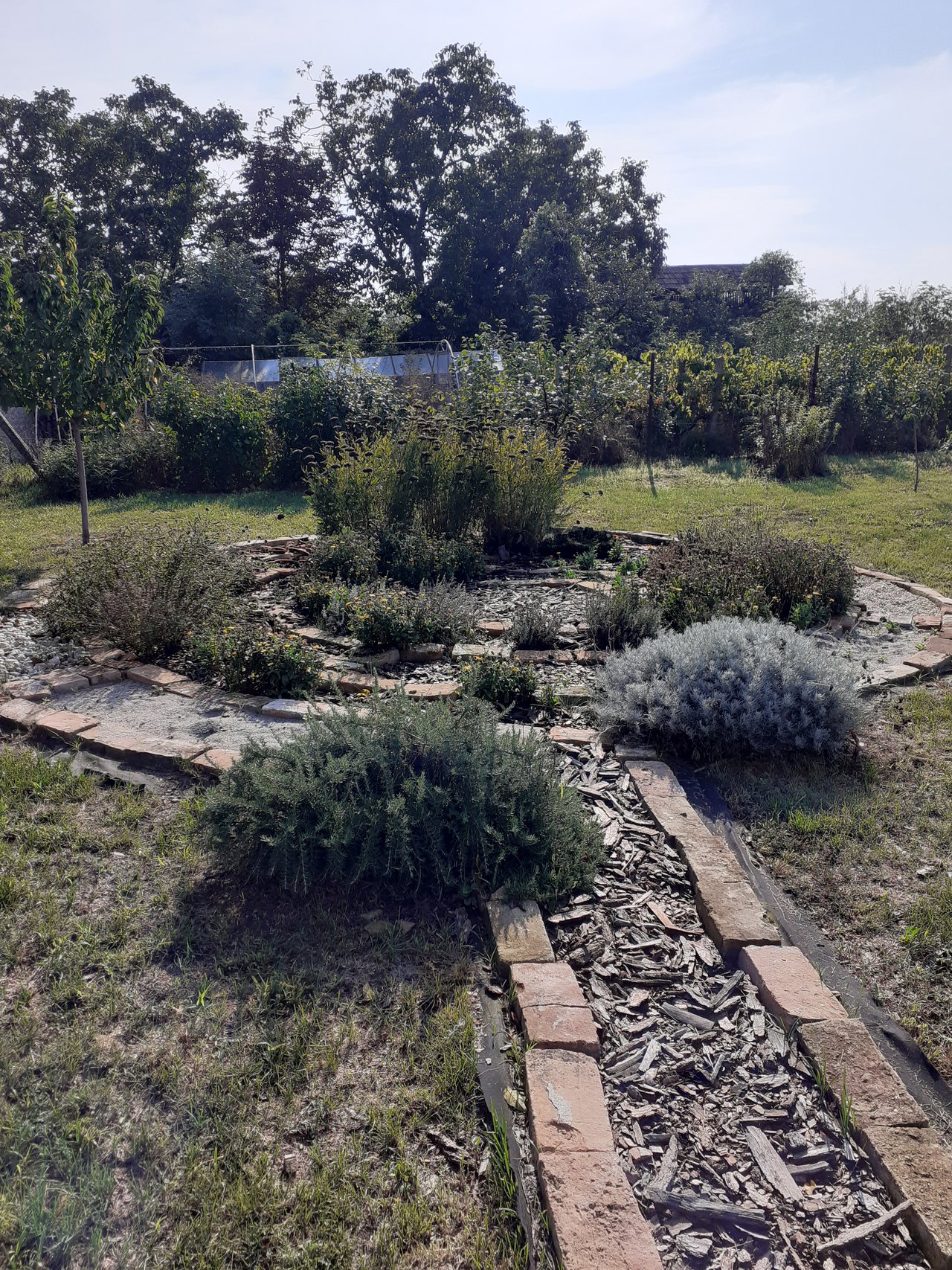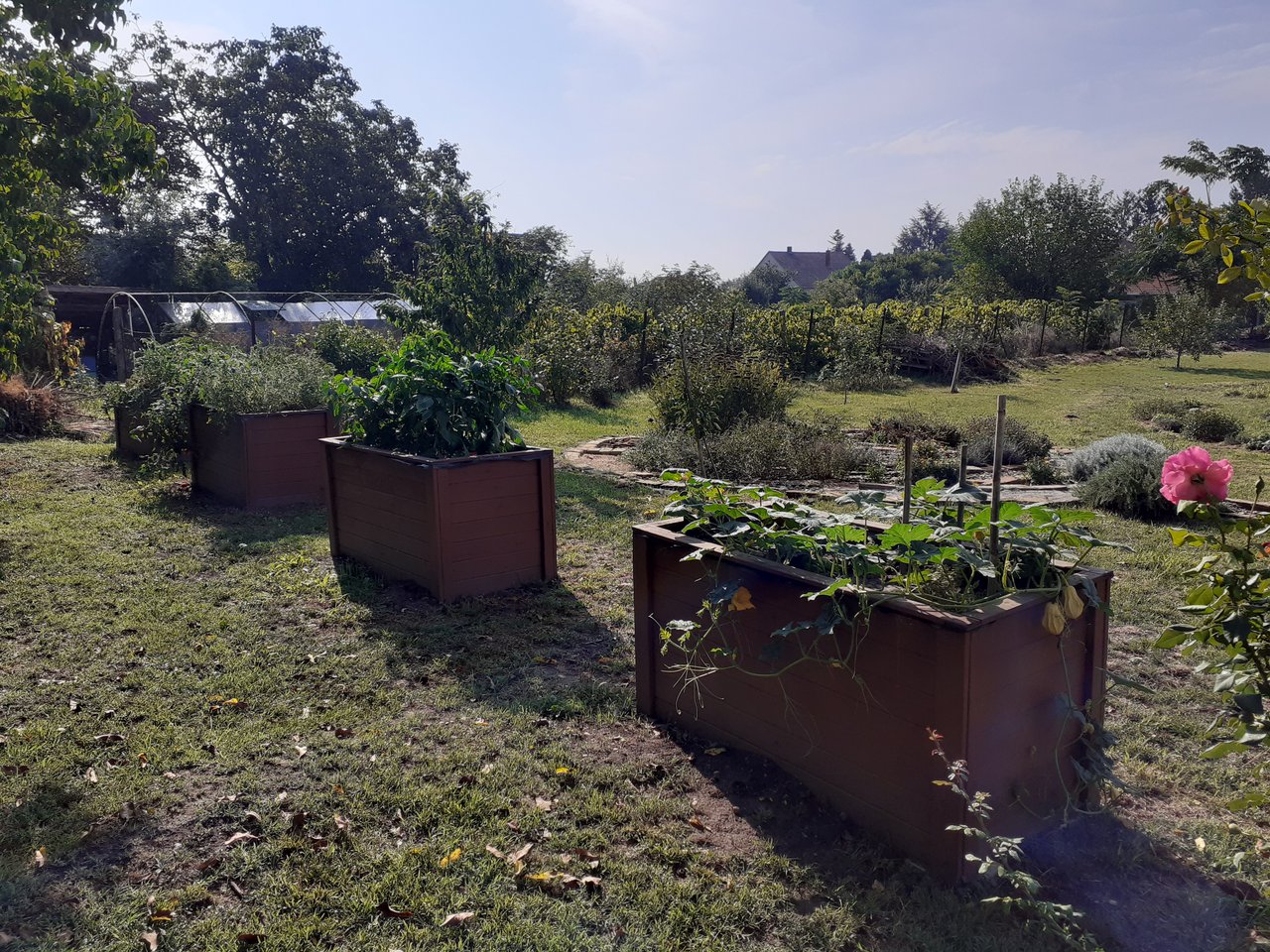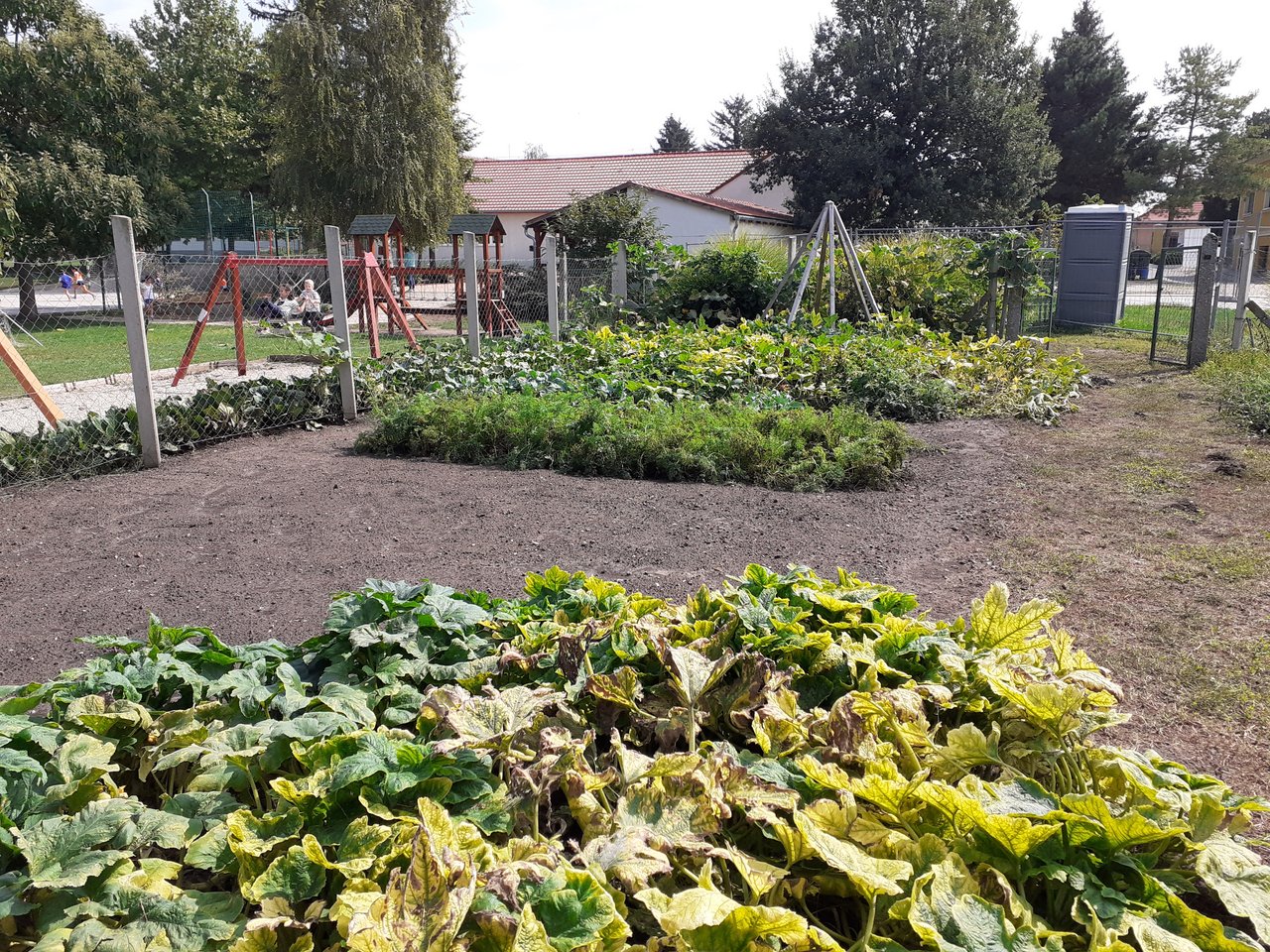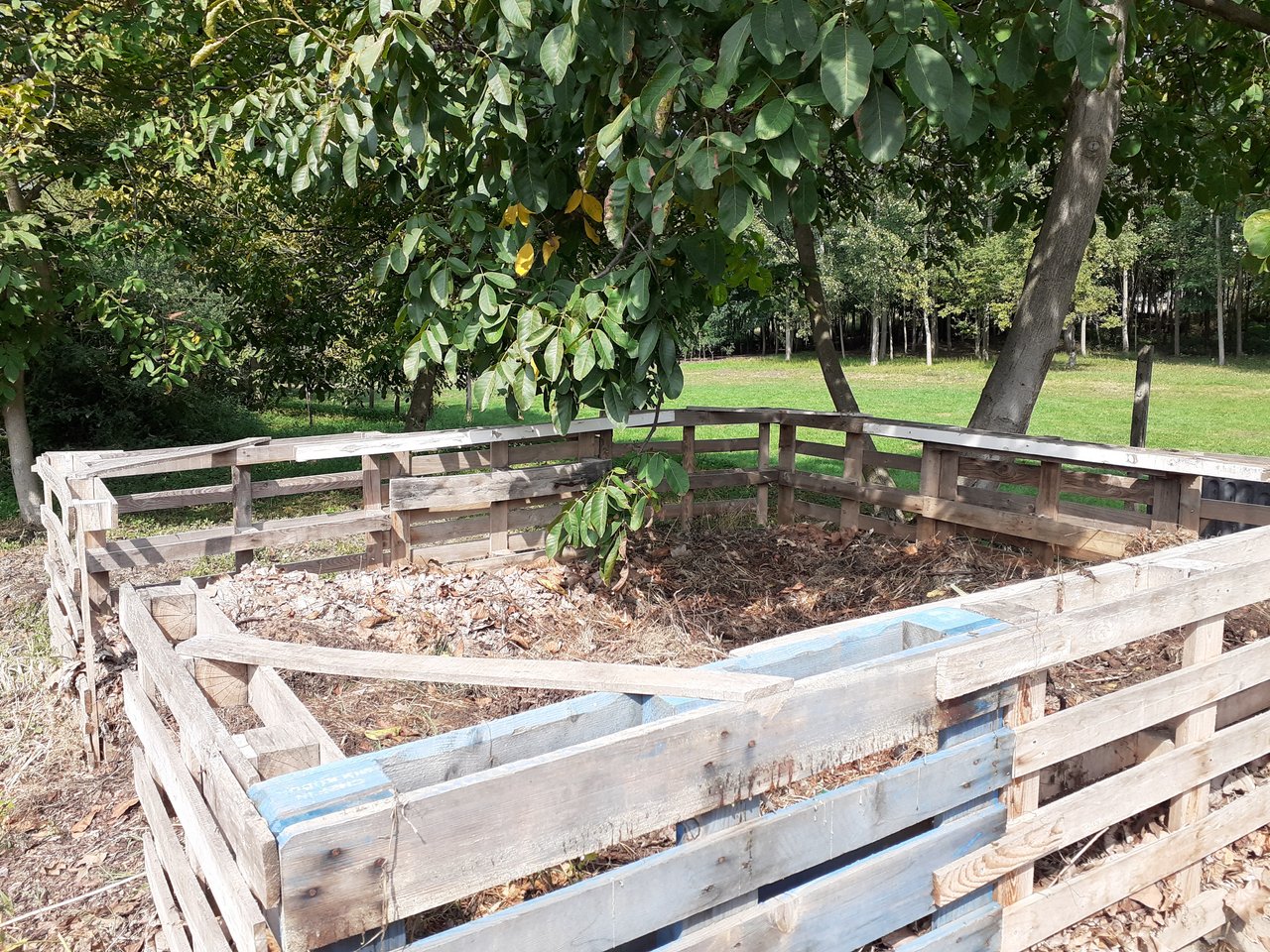
Erasmus + Programme: School Garden goes Europe

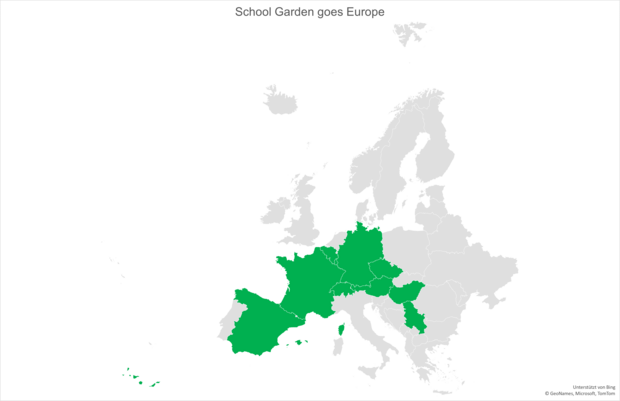
Project description
Education for sustainable development (ESD) is one of the great challenges today. The goal is to open up educational opportunities to all people, which will enable them to acquire knowledge and values, behaviours and lifestyles that are necessary for a future worth living. School Gardens (SG) as authentic learning environments are promising settings to develop sustainable relevant competences. Garden-based learning activities provide students with necessary basic knowledge to understand ecological coherences which are the key to further understanding. Especially in urban areas, SG can be biodiversity hotspots and refuges for plants and animals. Students gain insight into life cycles and get aware of the importance of seasonality and regionality by growing organic food for healthy nutrition. SG make a valuable contribution to the development of social skills and enable the integration of people of different cultures, and with the positive effects on problematic behaviour preventing early school leaving. Acting locally students gain basic ideas for global thinking. A SG can provide real-life conditions to take ecological, economic and social decisions.
But these benefits are not yet visible for all educators - they are not aware of the potential lying in this learning environment and often lack school gardening expertise as it was not necessarily part of their academic courses or vocational training. In the school curricula, the implementation of ESD as a key perspective is wildly spread all over Europe but a lot of educators need support by implementing these goals into their daily routine. Many individual SG initiatives have been established in different European countries, with a multitude of concepts and didactic approaches. Likewise, school gardening in each country is based on its specific cultural traditions. Thus, an immense amount of knowledge and valuable information on school gardening techniques and didactic methods have accumulated across Europe, but are not visible for the community and, therefore, not available for teaching efforts. Fostering SG activities in Europe by giving them an international platform is a potential way to reach teachers and early childhood educators as well as students and other gardening people. Being inspired by the activities of others they can pass on the knowledge about the importance of fresh and healthy food, regionally and seasonally grown, as well as the value of intact ecosystems and biological diversity to children and students. These topics are very important to change people’s habits towards more sustainability and, thus, are a prerequisite to improve their lives and to build greener and healthier societies.
In this project, sustainable-relevant skills and competences for garden-based learning were defined. The participants developed a curriculum for teachers training and ICT materials to share. A core aim of the project was the exchange of experiences and a sharing of best practice with the focus on teachers and students as future educators. The project united existing national SG networks to a European one, thereby making ideas and benefits available for everyone. The direct contact and exchange on SG topics should also decrease anti-Eastern and anti-Western prejudices. Global challenges can only be solved by international collaborations. This network might be a starting point.
If you are interested in joining the European Network, please contact us!
School gardening in Europe - Knowledge to be shared
Click here to visit our You Tube channel. You can watch the recorded online workshops and the keynote speech "Nature Experience in the Garden - The Garden as a Place of Nature Experience and a Source of Wellbeing" by Prof. Dr. Carolin Retzlaff-Fürst there (de/en/fr).
Geographical overview of established school and university gardens in different European countries. Click here to see the map.
You are invited to add you own school garden in the map.
Please register to the massive open online course version of the training here (it is a double registration, first the projects' form, then follow the links to the Moodle system registration)
Workshop materials on various school garden topics
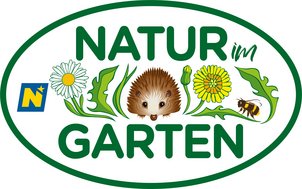
Referentinnen: Dipl. Biol. Susanne Kropf und Gartenpädagogin Martina Wappel, Natur Im Garten (A)
Die Klimakrise wird von vielen Kindern und Jugendlichen als massive Bedrohung für ihre Zukunft empfunden. Maßnahmen zum Klimaschutz sind ebenso gefragt wie Maßnahmen zur Klimawandelanpassung, denn der Klimawandel findet bereits statt. Im Schulgarten kann beides anschaulich und handlungsorientiert gemeinsam mit den Schülerinnen und Schülern thematisiert werden. Geeignet sind beispielsweise Maßnahmen wie Bäume pflanzen, Humus aufbauen durch Mulchen und Kompostieren oder eigenes Obst und Gemüse anbauen. Neben praktischen Tipps zur Umsetzung sollen im Workshop methodisch-didaktische Anregungen zur Umsetzung im Unterricht diskutiert werden.
Many children and young people see the climate crisis as a massive threat to their future. Climate protection measures are just as much in demand as measures to adapt to climate change whilst climate change is already happening. In the school garden, both can be discussed with students in a clear and action-oriented manner. Activities such as planting trees, building humus through mulching and composting or growing your own fruit and vegetables, are suitable measures. In addition to practical tips for implementation, methodic and didactic suggestions to implement in the classroom are to be discussed in the workshop.

Referentin: Anja Burtscher-Marte, PH Vorarlberg (A)
Mit Kindern im Garten sein wäre toll, aber es fehlt an Platz, Budget oder Erfahrung? Dann können mobile Gärten die Lösung sein! Kistengärten bieten Kindern eine einfache Möglichkeit Naturerfahrungen zu sammeln und gärtnerisch tätig zu sein. In diesem Workshop wird das in Vorarlberg (Österreich) umgesetzte Projekt „Mi Kischta Gärtle – Kleiner Garten ganz groß“ vorgestellt und mit Praxisbeispielen aus der Umsetzung ergänzt. Dazu gibt es Tipps rund um das Gärtnern in der Kiste sowie die Möglichkeit zum Austausch mit der Referentin.
WS2: Gärtnern in der Kiste_Projektvorstellung_de (PDF)
WS2: Gärtner in der Kiste_Praxistipps_de (PDF)
Being in the garden with children would be great, but there is a lack of space, budget or experience? Mobile gardens can be the solution! Mobile gardens offer children an easy way to gain experience of nature and to be active in gardening. In this workshop we present the project “Mi Kischta Gärtle” realized in Vorarlberg (Austria) and offer practical examples for implementation. In addition, there will be tips on mobile gardening and the opportunity to exchange ideas with the workshop leader.

Referentin: Hana Cvachova, Chaloupky (CZ)
Naturwissenschaftliche Fächer können von einem Schulgarten profitieren. Die Vorteile, die ein Schulgarten hier bietet, werden in diesem Workshop vorgestellt: Unterricht in Akustik, Optik, Mechanik, Hydromechanik, Statistik usw. mit den Werkzeugen, die im Garten zur Verfügung stehen.
Mathematics and physics in nature? Yes, of course! Science subjects can benefit from a school garden. The advantages offered by a school garden will be presented in this workshop. Topics will be: lessons in acoustics, optics, mechanics, hydromechanics, statistics etc. with tools available in the garden.
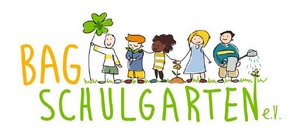
Referentin: Dr. Birgitta Goldschmidt, BAGS, (D)
„Wir haben noch keinen Schulgarten, möchten aber einen haben.“ Was müssen wir bei der Planung beachten? Wer kann uns unterstützen? „Wir haben einen Schulgarten.“ Wie organisieren wir die Schulgartenarbeit? Wie binden wir den Schulgarten optimal in die zeitlichen und organisatorischen Strukturen unserer Schule ein? In diesem Workshop diskutieren wir, wie das Management Ihres Schulgartens von der Planung bis zur langfristigen Nutzung im Schulalltag gelingen kann.
WS4: Wie kann ein Schulgarten wachsen_de (PDF)
„We don’t have a school garden yet, but we would like one!” What do we have to consider when planning? Who can support us? “We have a school garden.” How do we organize school gardening? How do we optimally integrate the school garden into the temporal and organizational structures of our school? In this workshop, we discuss the successful management of your school garden from planning to long-term use in everyday school life.

Referentinnen: Angie Hasenclever und Melanie Reichardt, Europa Minigärtner (D)
Spaß beim Arbeiten mit und in der Natur – so lautet das Motto der Europa Minigärtner. 2013 rief Bettina Gräfin Bernadotte von der Blumeninsel Mainau die gemeinnützige Initiative ins Leben. Bei Mitmachbesuchen in Gartenbaubetrieben ihrer Region erleben Kinder im Alter zwischen 8 und 12 Jahren die Natur hautnah und lernen den spannenden Beruf des Gärtners kennen. Bei jedem Treffen packen sie aktiv mit an. Rund 20 Minigärtner-Gruppen gibt es inzwischen in Deutschland und Österreich. Im ersten Teil unseres Workshops präsentieren wir unser Konzept und zeigen Beispiele der erfolgreichen Zusammenarbeit zwischen Profibetrieben und Schulgruppen der Europa Minigärtner. In den kommenden Jahren wollen wir unser Engagement im Bereich der Schulgruppen ausweiten, um möglichst vielen Kindern den Zugang zu diesen intensiven Naturerfahrungen zu öffnen. Vor allem für Kinder, die aufgrund ihrer sozioökonomischen Situation weniger Förderung erhalten, kann die Teilnahme am Programm der Europa Minigärtner sehr wertvoll sein. Das Minigärtner-Konzept für Schulgruppen bildet den inhaltlichen und organisatorischen Rahmen
dafür. Wie das gelingen kann, welche Ideen und Wünsche es seitens der Schulen für eine Zusammenarbeit mit den Gartenbaubetrieben gibt und wie das Programm der Minigärtner weiterentwickelt und ausgebaut werden könnte, wollen wir mit den Teilnehmer*innen im 2. Teil des Workshops diskutieren.
WS5: Europa Minigärtner – Kinder lernen von und mit den Profis_de (PDF)
Having fun working with and in nature - that is the motto of the Europa Minigärtner. Bettina Countess Bernadotte from the flower island of Mainau launched the non-profit initiative in 2013. During hands-on visits to horticultural businesses in their region, children aged between 8 and 12 experience nature up close and learn about the exciting profession of gardener. At each meeting, they are actively involved. There are now around 20 MiniGärtner groups in Germany and Austria - including some school groups. In the first part of our workshop we present our concept and examples of successful cooperation between professional farms and school groups of the Europa Minigärtner. Next year, we want to expand our commitment to schools in order to give as many children as possible access to these intensive nature experiences. (streichen, nicht Workshop relevant) Participation in the Europa Minigärtner program can be particularly valuable for children who, due to their socio-economic situation, receive less support. The Minigärtner concept for school groups forms the content and organizational framework for this. In the second part of the workshop, we want to discuss with the participants how this can be achieved, what ideas and wishes there are from the schools for cooperation with the horticultural companies and how the mini-gardeners' program could be further developed and expanded.
Referentin: Elke Zach-Heuer, Bezirksregierung Arnsberg (D)
Viele Unbekannte leben im Schulgarten, die Artenvielfalt hat viele Namen. Apps erleichtern die Bestimmung von Pflanzen und Tieren und erweitern den Zugang zur Natur. Einige Apps ermöglichen sogar die Mitwirkung an Forschungsprojekten. Apps können sowohl auf Tablets als auch auf Smartphones aufgespielt. Bei aller Begeisterung für digitale Medien darf die sinnliche Wahrnehmung der Originale nicht zu kurz kommen. Mit welchen Mitteln können beide Ansätze miteinander verbunden werden?
WS6: Ab in den Garten mit Apps_de (PDF)
Many strangers live in the school garden, the biodiversity has many names. Apps make it easier to identify plants and animals and expand access to nature. Some apps even allow to participate in research projects. Apps can be installed on both tablets and smartphones. Despite all the enthusiasm for digital media, the sensual perception of the originals must not be neglected. By what means can these two approaches be combined?

Referent: Dr. András Halbritter, Széchenyi University Győr & Hungarian Foundation for School Gardens (HU)
Boden ist nicht nur ein wichtiges Ressource- und Umweltelement, sondern auch ein gutes Objekt für Beobachtungen, Experimente und Bewirtschaftungspraktiken in Schulgärten. In diesem Workshop werden folgende Themen behandelt: Bodenvielfalt (Erstellen einer Bodensammlung, Malen mit verschiedenen Böden, Handanalyse des Bodens, einfache mikroskopische Bodenuntersuchung), Boden für den Gartenbau (Bodenkarbonat-Test, Tongehaltschätzung, Bodenkapillare Wasseraufhebung) und Bodenfauna (Kompost und Bodentiere – Sammlung und Untersuchungen). Ein Video zum Thema Wurmkompostierung wird vorgestellt.
Soil is not only an important resource and environmental element, it is also a good object for observations, experiments and management practice in school gardens. The following topics are covered in this workshop: Soil diversity (creating a soil collection, painting with different soils, hand-analysis of soil, simple microscopic soils examination), soil for horticulture (soil carbonate test, clay content estimation, soil capillary water suspension) and soil fauna (compost and soil animals - collection and analysis). A video on vermicomposting will be presented.

Referentin: Hermina Olah Vas, Ash Foundation (SRB)
Es war Frühlingsanfang im Jahr 2020, die Kinder und ihre Erzieher*innen freuten sich auf den Start in die Gartensaison. Die ersten Blumen und Bäume standen bereits in voller Blüte, alles lief mehr oder weniger nach Plan. Während die Vorfreude auf dem Schulhof wuchs, kam etwas anderes in einem viel größeren Ausmaß auf die ganze Welt zu. Plötzlich - BOOM! Die erste Welle der COVID-19-Pandemie rollte über die ganze Welt hinweg, dicht gefolgt von einer ähnlich großen Welle der Panik. Plötzlich liefen die Dinge nicht mehr nach Plan. Im Workshop wollen wir zeigen, wie Schulen und Kindergärten in Serbien ihr Schulgartenprogramm unter den sich häufig ändernden Regeln und Vorschriften - die meist über Nacht in Kraft traten – umsetzten. Wir werden uns sowohl Erfolgsgeschichten ansehen, als auch weniger glückliche Ergebnisse präsentieren. Wir werden diskutieren, was einen Schulgarten widerstandsfähig macht und welche Lösungen die Lehrer*innen hierzu gefunden haben. Im Anschluss möchten wir mit den Teilnehmer*innen diskutieren, was die zukünftigen, vielleicht noch unerforschte Rolle eines Schulgartens sein könnte.
It was early spring in the year of 2020, the children and their teachers were anticipating to witness their garden awake. The first flowers and trees were already in full bloom, things were going more or less according to plan. As anticipation grew on the school yard, something else was festering on a much larger scale. Suddenly - BOOM! The first wave of the COVID-19 pandemic hit, closely followed by a similarly sized wave of panic. Suddenly things weren’t going according to the global plan. In this lecture we will examine how Serbian schools and kindergartens dealt with the school garden program and the garden itself among the frequent
changes in rules and regulations in response to COVID 19- most of which came into effect overnight. We'll look at success stories as well as present less fortunate results. We will discuss what makes a school garden resilient and what solutions did the teachers come up with to improve their own gardens’ resilience. Finally, we will explore the effects of having a garden to tend in an exceedingly stressful day-to-day life both on the students and the teachers. Following our account, we will facilitate a discussion among the participants about what might be the future, perhaps as of yet unexplored roles of a school garden.
Insights into our project events
The meeting was organised by the management of the Erasmus+ project School Garden goes Europe. This 3rd multiplier event welcomed 44 participants from different countries in “Die Garten Tulln” and was a great success.
The event started on Thursday 1st June 2023 with a bus trip from Tulln to the Ecocentrum Chaloupky Baliny (Czech Republic). We visited the place which is above all a learning space for children with special needs.
https://www.ekocentra.cz/centrum/ekocentrum-chaloupky-baliny/
On Friday, 2nd June 2023 we met in the morning at “Die Garten” in Tulln (Austria). After a talk by Roswita Wolf about the ways of garden pedagogy the participants could have an insight in best practice examples which were presented by several associated partners. A discussion about the different concepts completed the morning.
In the afternoon there was a guided tour in „Die Garten Tulln", a very special place for outdoor learning, as the “Garten” is the only European gardening exhibition with organic horticulture and with nature-in-garden focus. The focus was on the Model-School Garden which was created for garden based outdoor learning and is regularly used by schools.
The event closed by a summary about the outcomes oft the project and a discussion of possible future ideas.
The programme can be found in this PDF file.
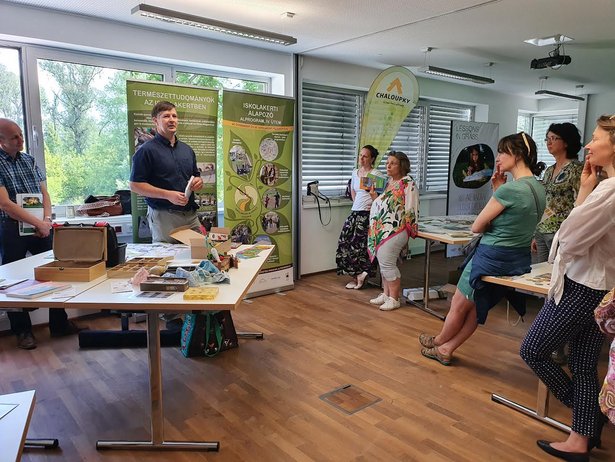

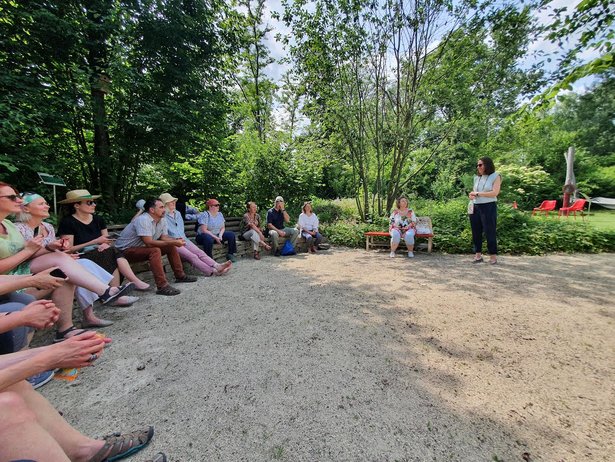
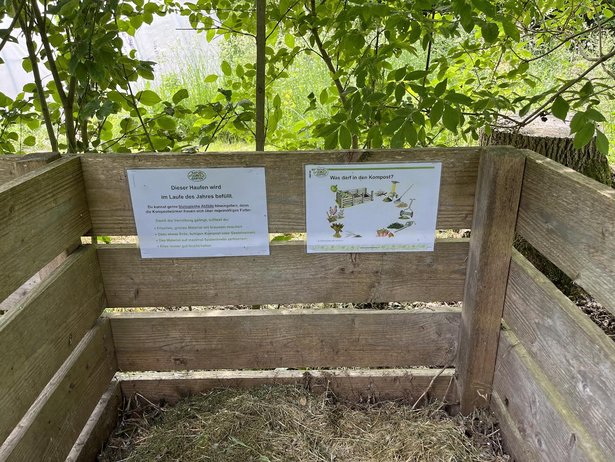

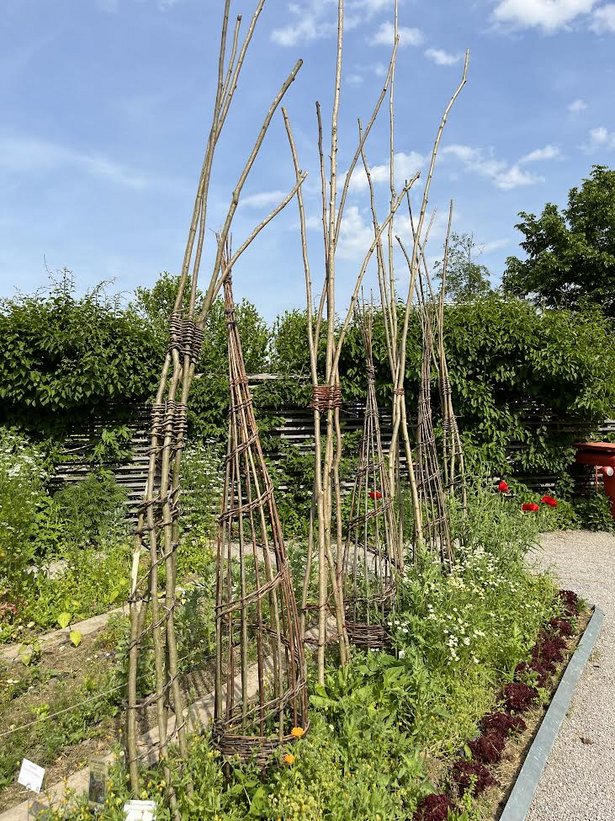
The presentation of the Tulln project can be found here.
The School Garden Summer School was organised by the management team under the leadership of Dr. András Halbritter (Széchenyi István University). The event took place in Györ (Hungary) and was a great success.
On 8th September 2022, the 2nd multiplier event of the project hosted 37 teachers from Austria, Czech Republic, Germany, Hungary, Romania, Slovakia and Slovenia, in the school garden of the Széchenyi University in Győr, Hungary. This event was the onsite part of a leadership training, showing the results and teaching materials made in the project by school garden experts of 6 countries. The participant could have an insight into selected topics in workshops. The programme can be found in this PDF file.
On the next day (09.09.2022), participants could join the consortium team to visit local school gardens in Győr as well as gardens of a nursery, of kindergartens and of a special needs school.
Impressions of the multiplier event School Garden Summer School can be found here.
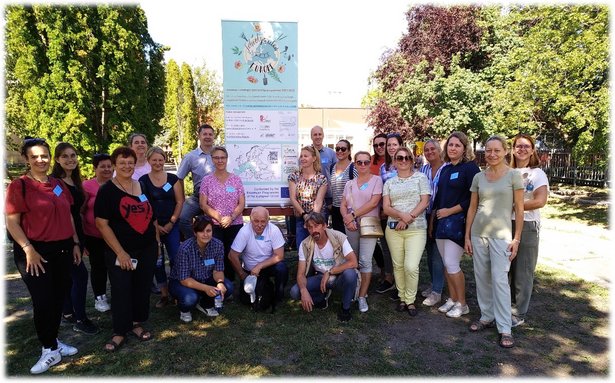
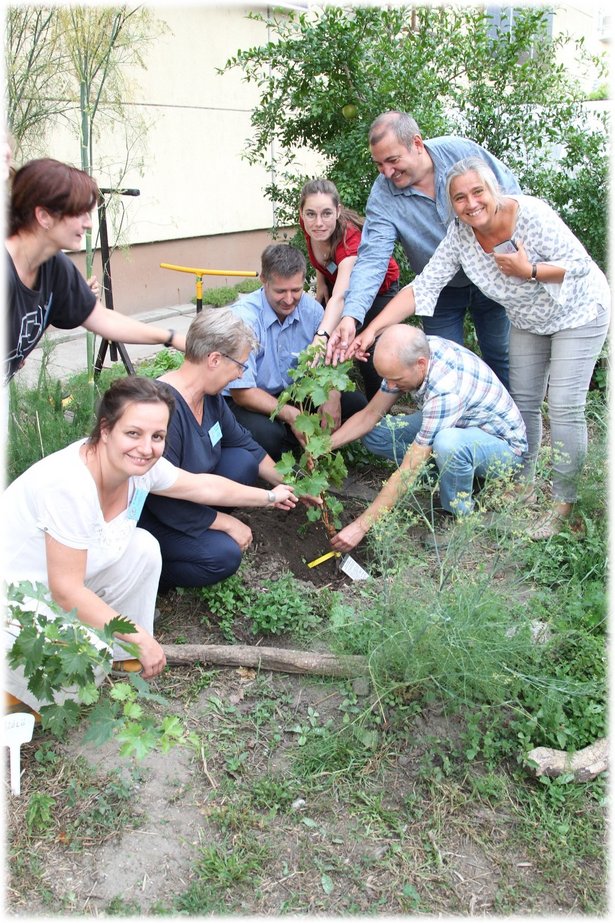
Visit of the Ekocentrum Chaloupky Baliny (CZ)
Impressions from school and kindergarten gardens in Hungary
Honored with the Austrian Sustainability Award 2022
The project "School Garden goes Europe" was honored with the Austrian Sustainability Award 2022 in the categorie "International Cooperation", handed over from a joint initiative of the Austrian Federal Ministry for Climate Protection, Environment, Energy, Mobility, Innovation and Technology and the Austrian Federal Ministry of Education, Science and Research.
The award recognises the commitment of the winning projects to ecological, economic, social, cultural and political aspects of sustainability as well as their contribution to achieving the 17 sustainability goals of the Agenda 2030. The ceremonial presentation of the certificate by Federal Minister Leonore Gewessler and Federal Minister Martin Polaschek took place on 13 June 2022 in the ballroom of the Museum of Technology in Vienna, Austria.
Link to the Sustainability Award 2022 brochure with descriptions of the award-winning projects
More informative materials
Click here to get to the documents of the "Fachtagung Gartenpädagogik" in Tulln (Austria) June 2023 where the School Garden goes Europe project was presented to the participants.
Interesting links
https://schulgarten.ch/
http://www.lernenimgarten.at
http://lesjardinsrespectueux.fr
https://www.jardinons-alecole.org/
Other European resources (in English)
Digital farm2school experiential and digital environmental learning and gardening program
Royal Horticultural Society Campaign for School Gardening resources
Revisiting garden-based learning in basic education
eSGarden project, activity book, ICT tools:
https://erasmus-plus.ec.europa.eu/projects/search/details/2018-1-ES01-KA201-050599
Organic gardening for primary schools:
https://www.bordbia.ie/primary-school/organic-gardening-for-primary-schools/
http://www.schoolearthed.ie/worksheets-english.html
Setting up and running a school garden - teaching toolkit
https://www.fao.org/3/i1118e/i1118e.pdf
https://www.fao.org/3/i1118e/I1118E00.htm#Contents
https://www.fao.org/3/i1118e/i1118e.pdf
Resources from America
The Nature Conservancy resources for building a school garden
Wisconsin School Garden Network
Lifelab (downloading 'Getting started' manual)
School food gardens start-up guide
School Garden Support Organization Network
More links can be found on the webpages of our project partners.
Project Partners
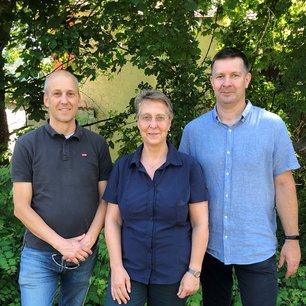
Project management
| Organisation | Country | Contact Persons |
|---|---|---|
| Pädagogische Hochschule Weingarten | Germany | Prof. Dr. Dorothee Benkowitz |
| Pädagogische Hochschule Vorarlberg | Austria | Prof. Dr. Stefan Jarau |
| Széchenyi István University | Hungary | Dr. András Halbritter |
Associated partners
| Organisation | Country | Contact persons |
|---|---|---|
| Ash-Foundation | Serbia | Hermina Oláh Vas |
| BAG Schulgarten e.V. | Germany | Prof. Dr. Dorothee Benkowitz |
| Chaloupky | Czech Republic | Hana Cvachová |
| Hungarian Foundation for School Gardens | Hungary | Nóra Pauliczky |
| Natur im Garten | Austria | Martina Wappel |
International partners
| Organisation | Country | Contact Persons |
|---|---|---|
| Ekonaut | Serbia | Sabina Kerić |
| Europa - Minigärtner | Germany | Angie Hasenclever |
| Goethe Institut | France | Daniela Frank |
| Green Care | Austria | Dr. Dorit van Meel |
| Hochschule für Argar- und Umweltpädagogik | Austria | Prof. Dipl.-Ing. Roswitha Wolf |
| IFZ – Interdisziplinäres Forschungszentrum für Technik, Arbeit und Kultur | Austria | David Steinwender |
| Léieren am Gaart | Luxembourg | Mariette Scheuer Amélie Brenner |
| Outdoor Sience | Luxembourg | Dr. Andrea Fiedler |
| Provinciaal Natuurcentrum - Directie Omgeving Duurzaamheid | Belgium | Johan Lambrix |
Pädagogische Hochschule FHNW | Switzerland | Prof. Dr. Swantje Schumann Pascal Pauli |
| Red Universidades Cultivadas (Spanish Network of Cultivated Universities) | Spain | Prof. Dr. Marcia Eugenio Gozalbo |
| Universität Innsbruck | Austria | Prof. Dr. Suzanne Kapelari Elisabeth Carli |
| Austria | Prof. Dr. Franz Rauch Eva Heinz |

